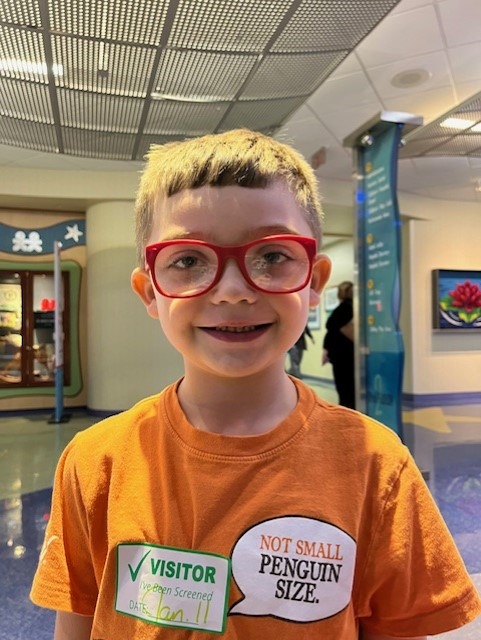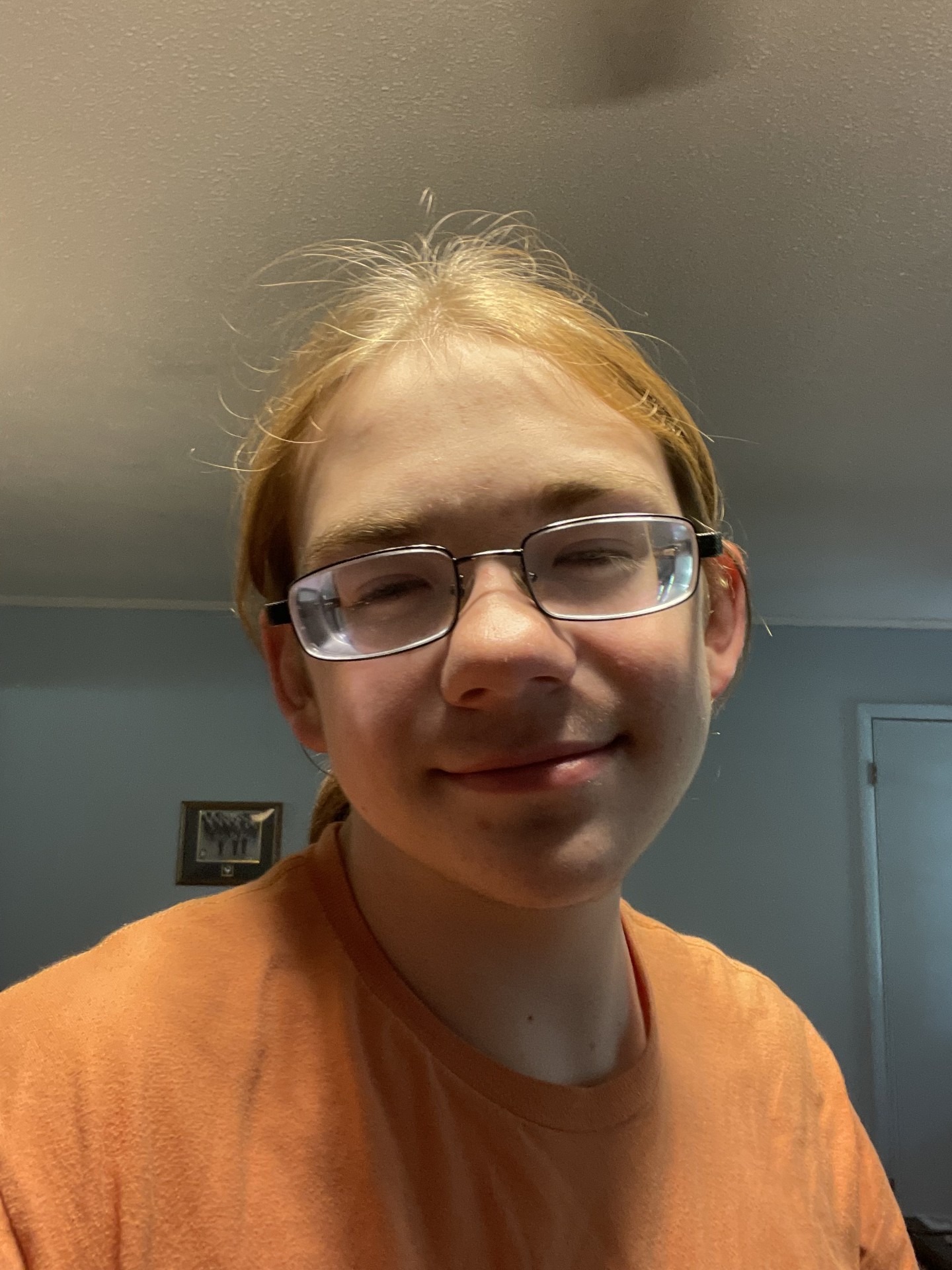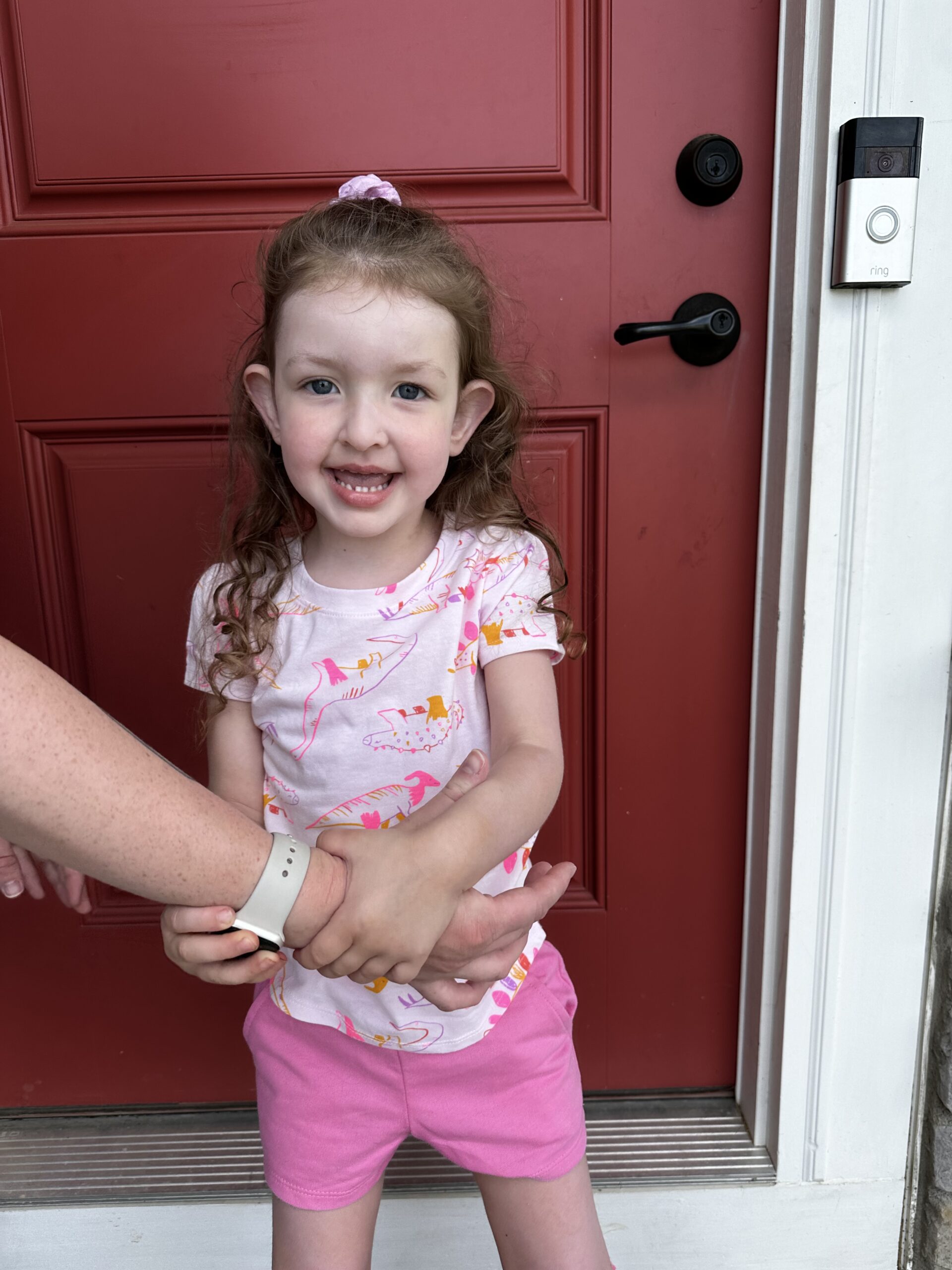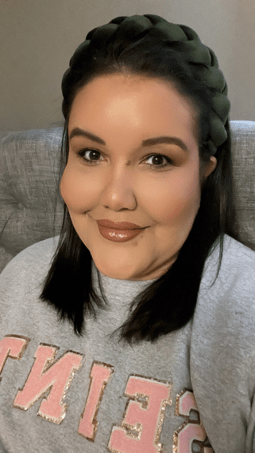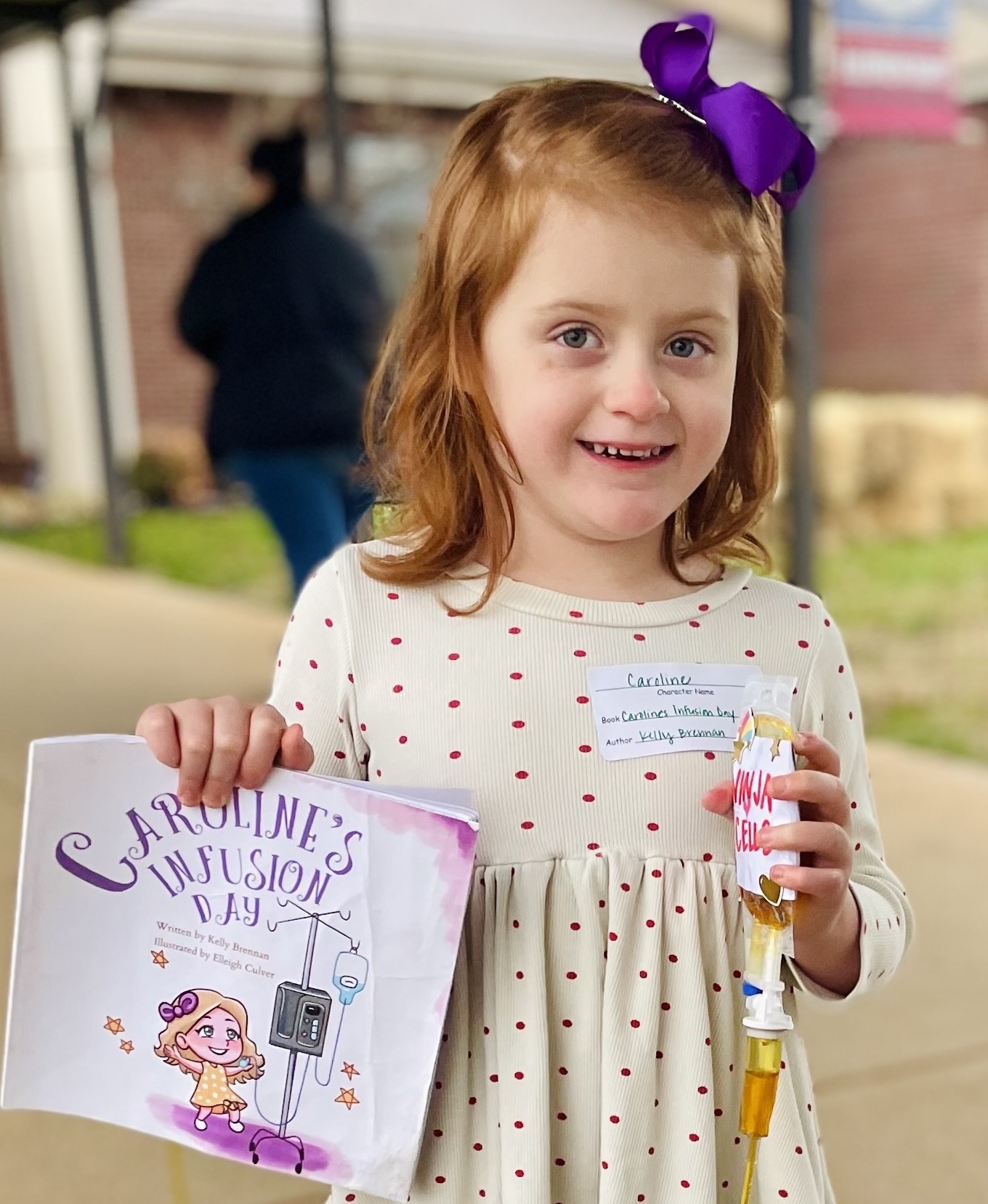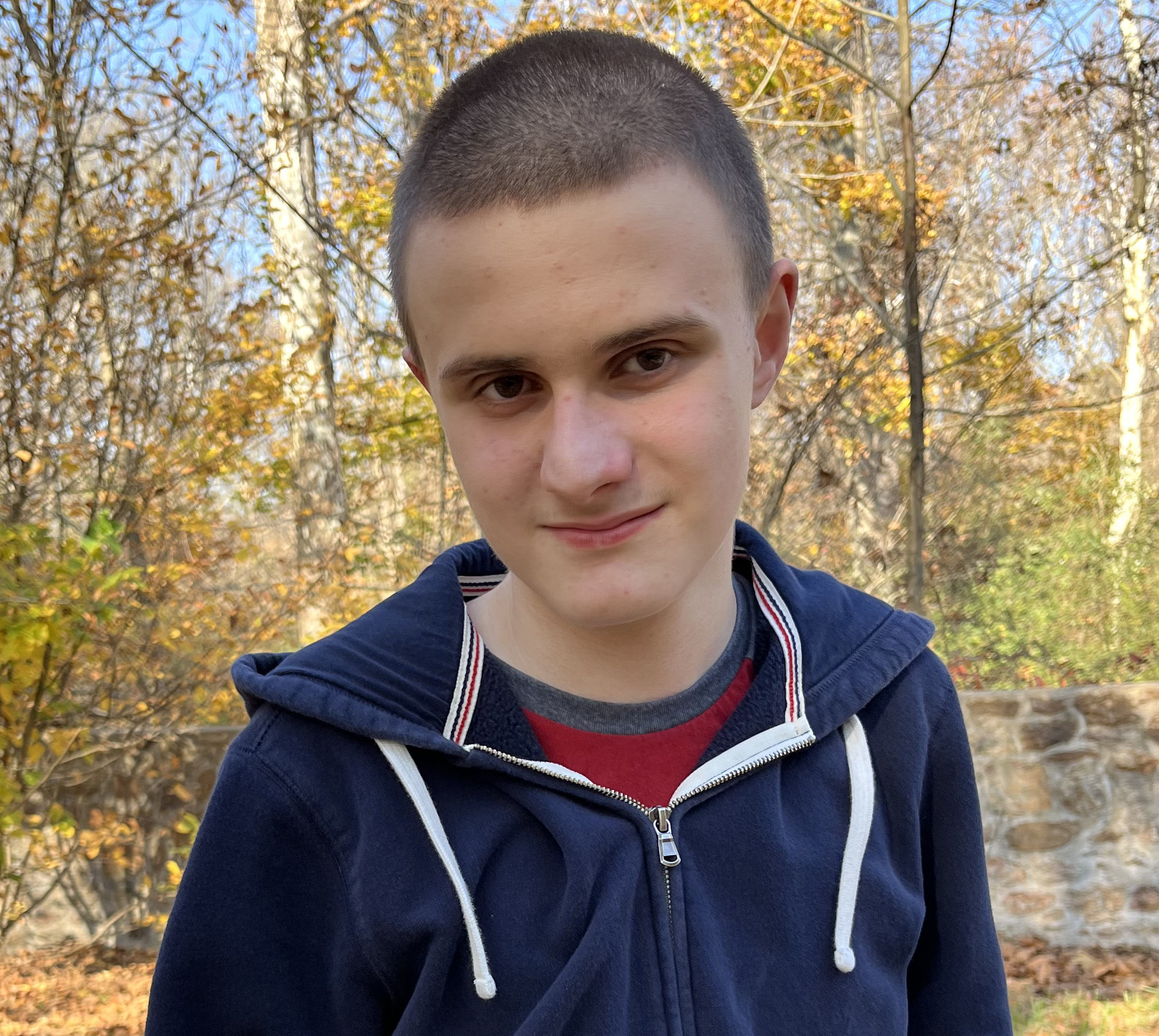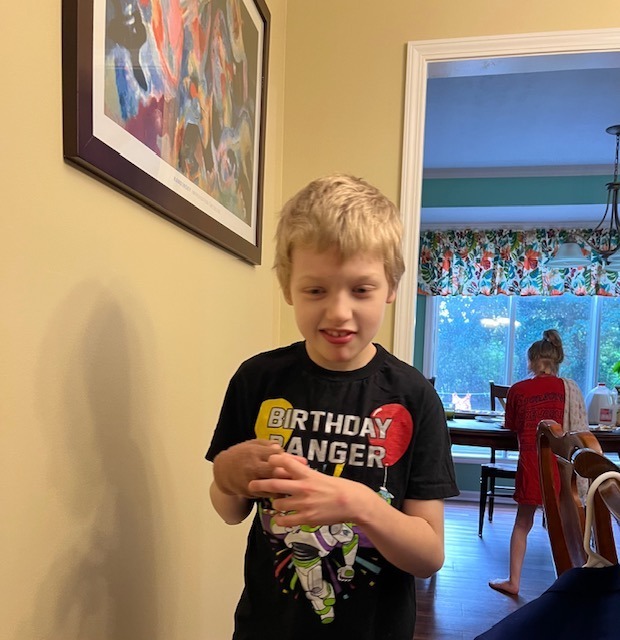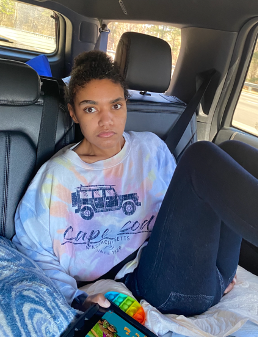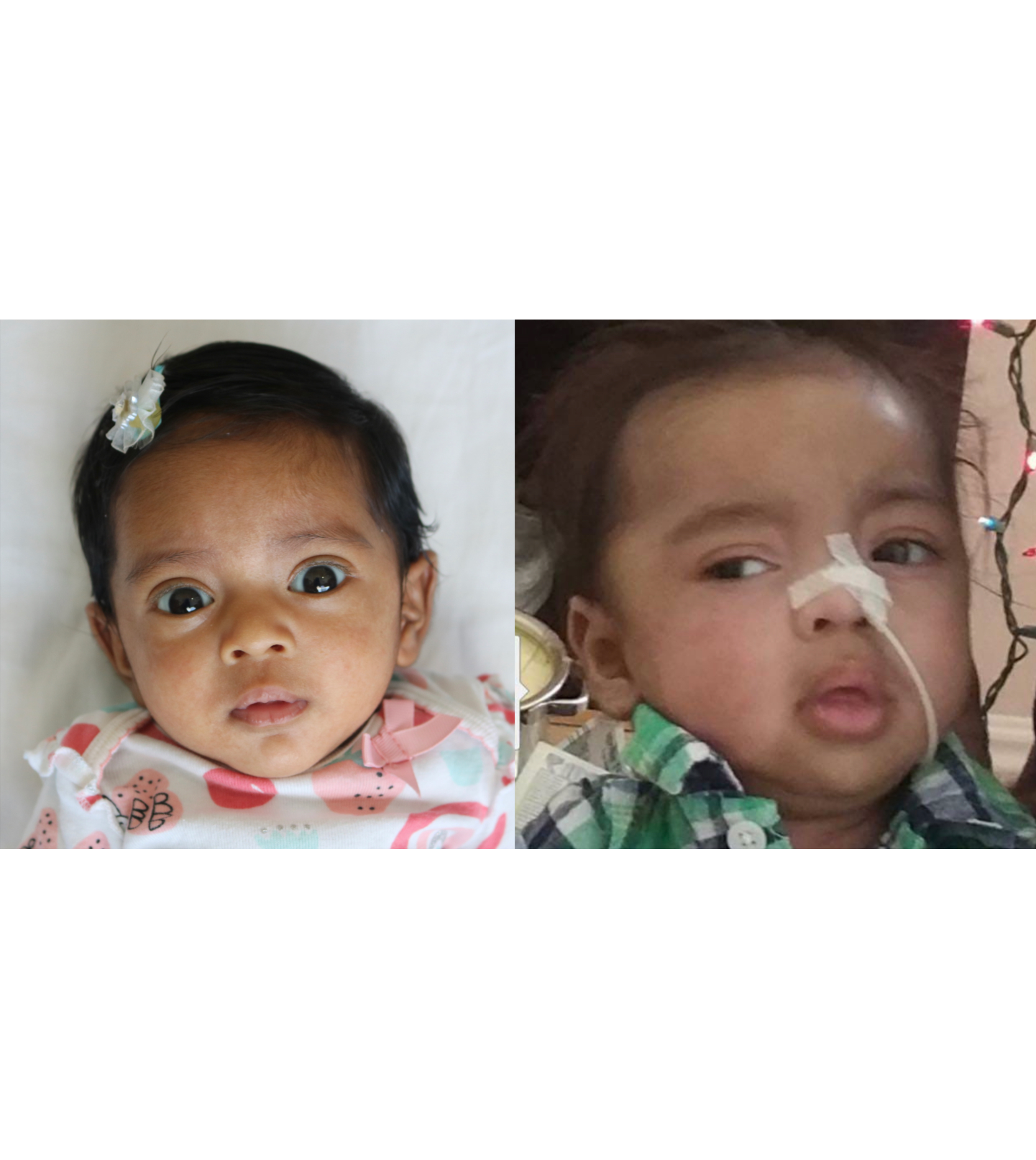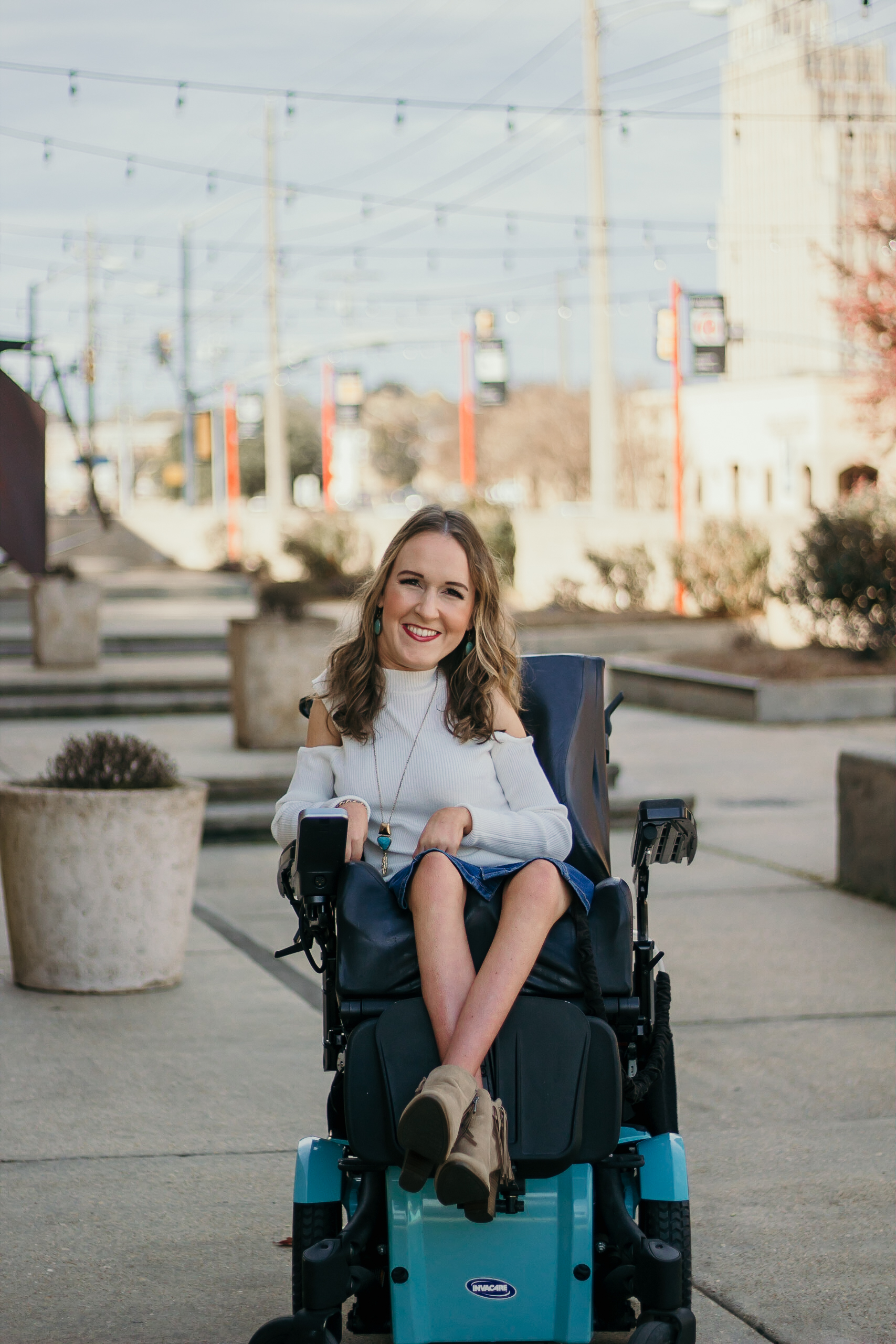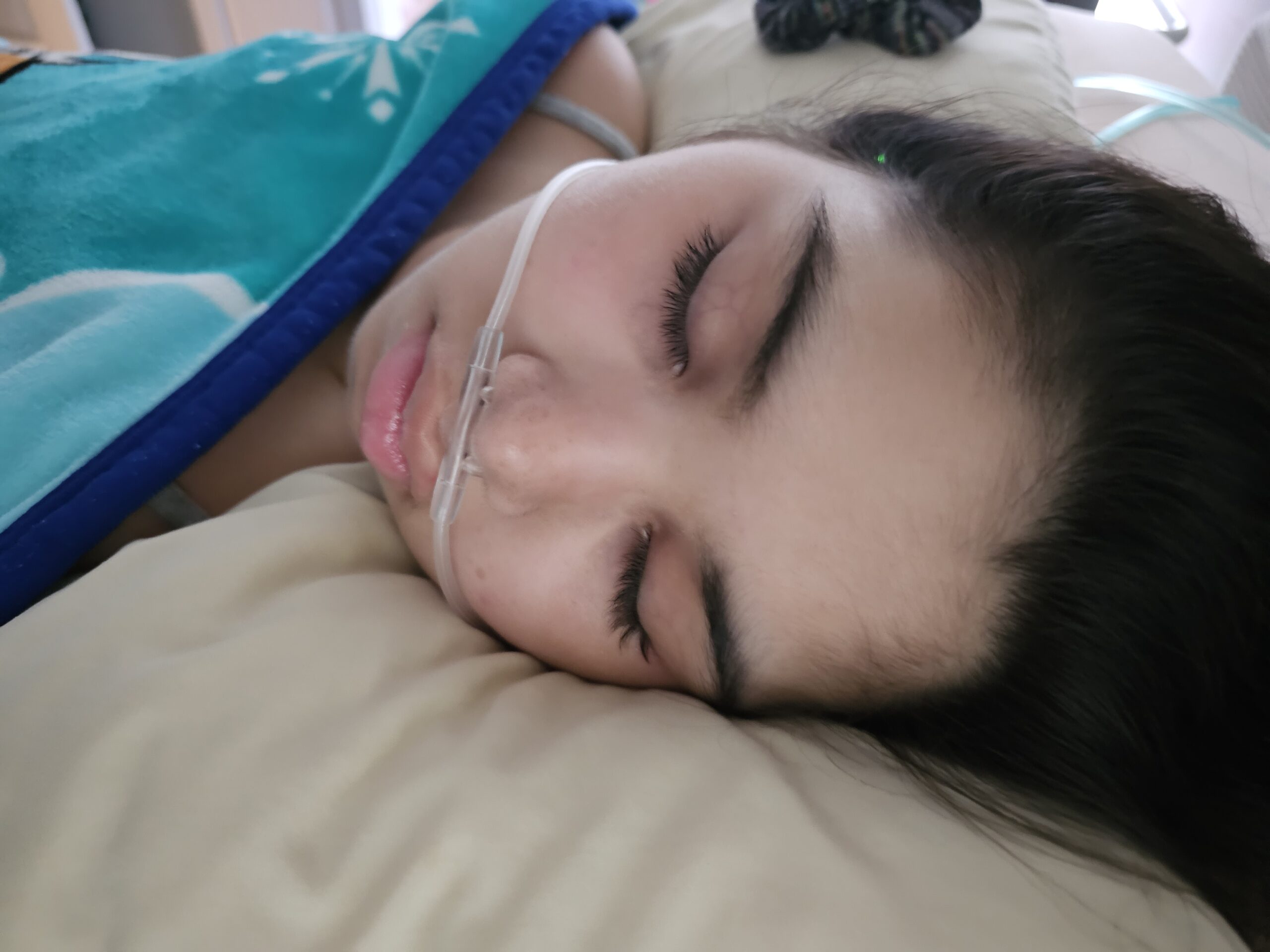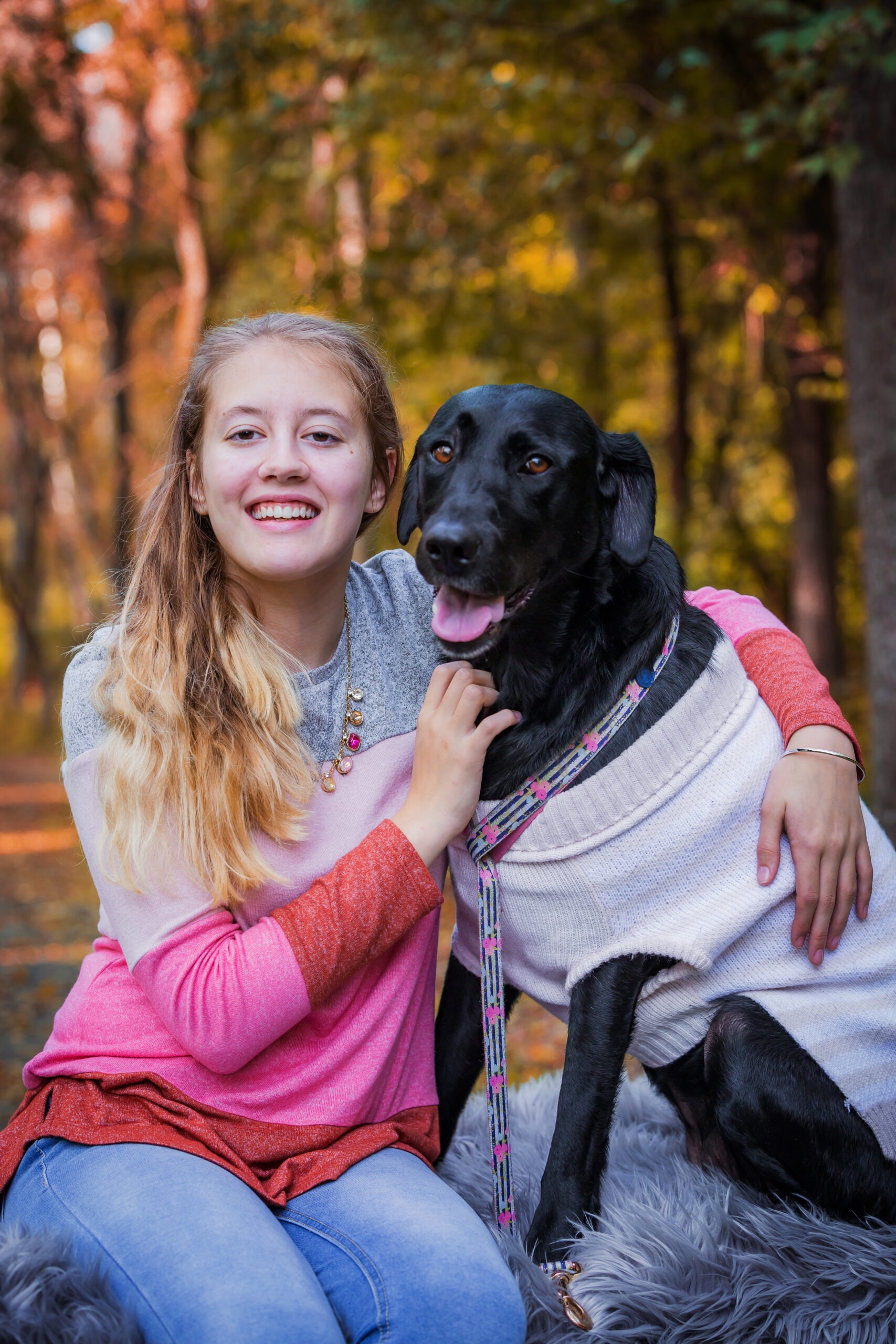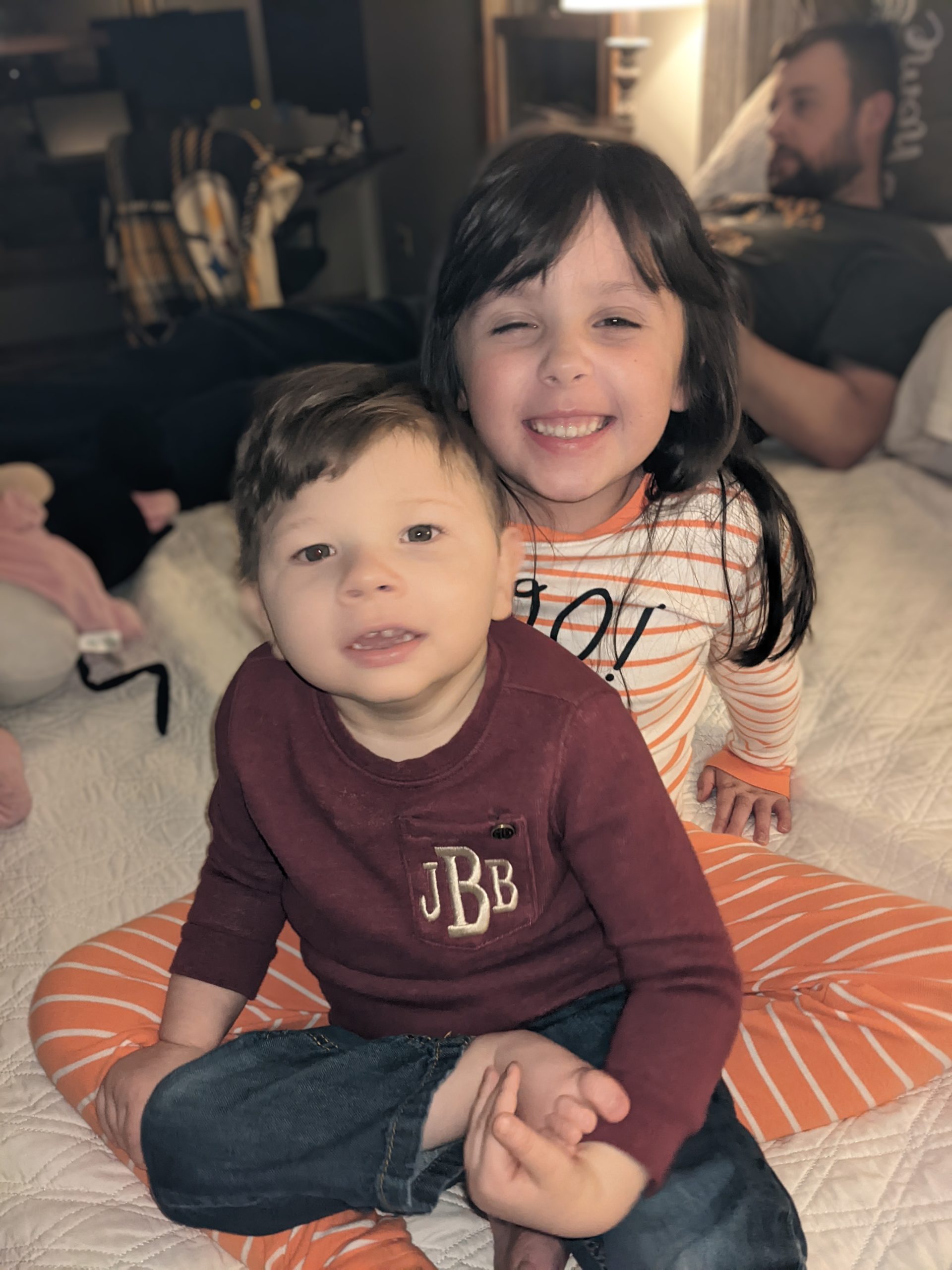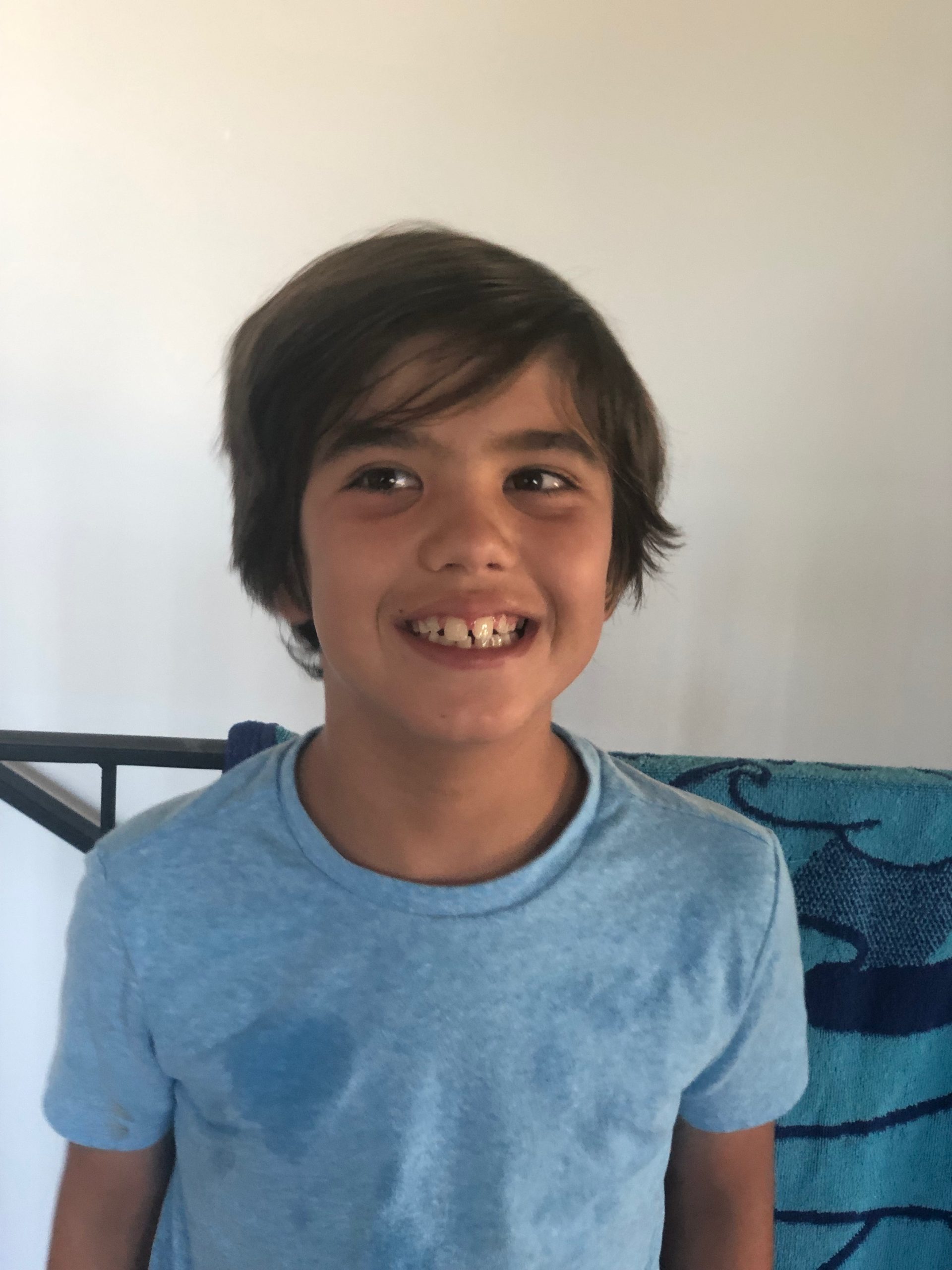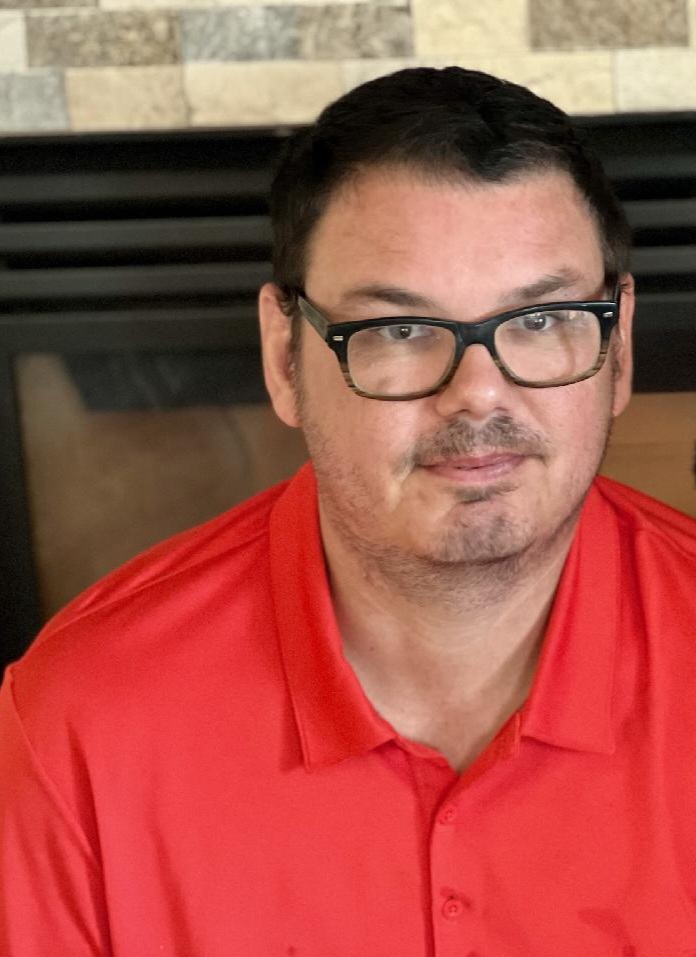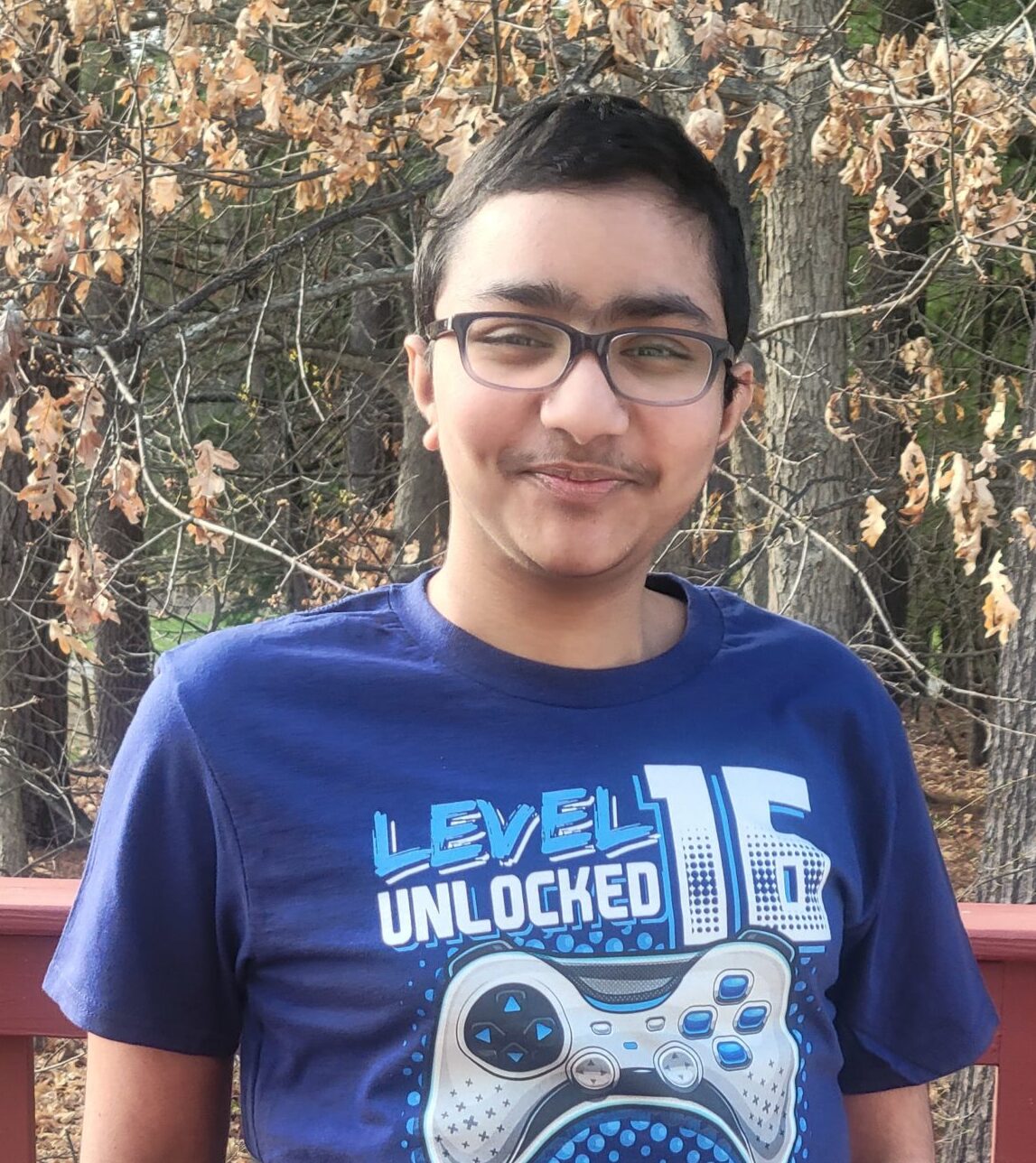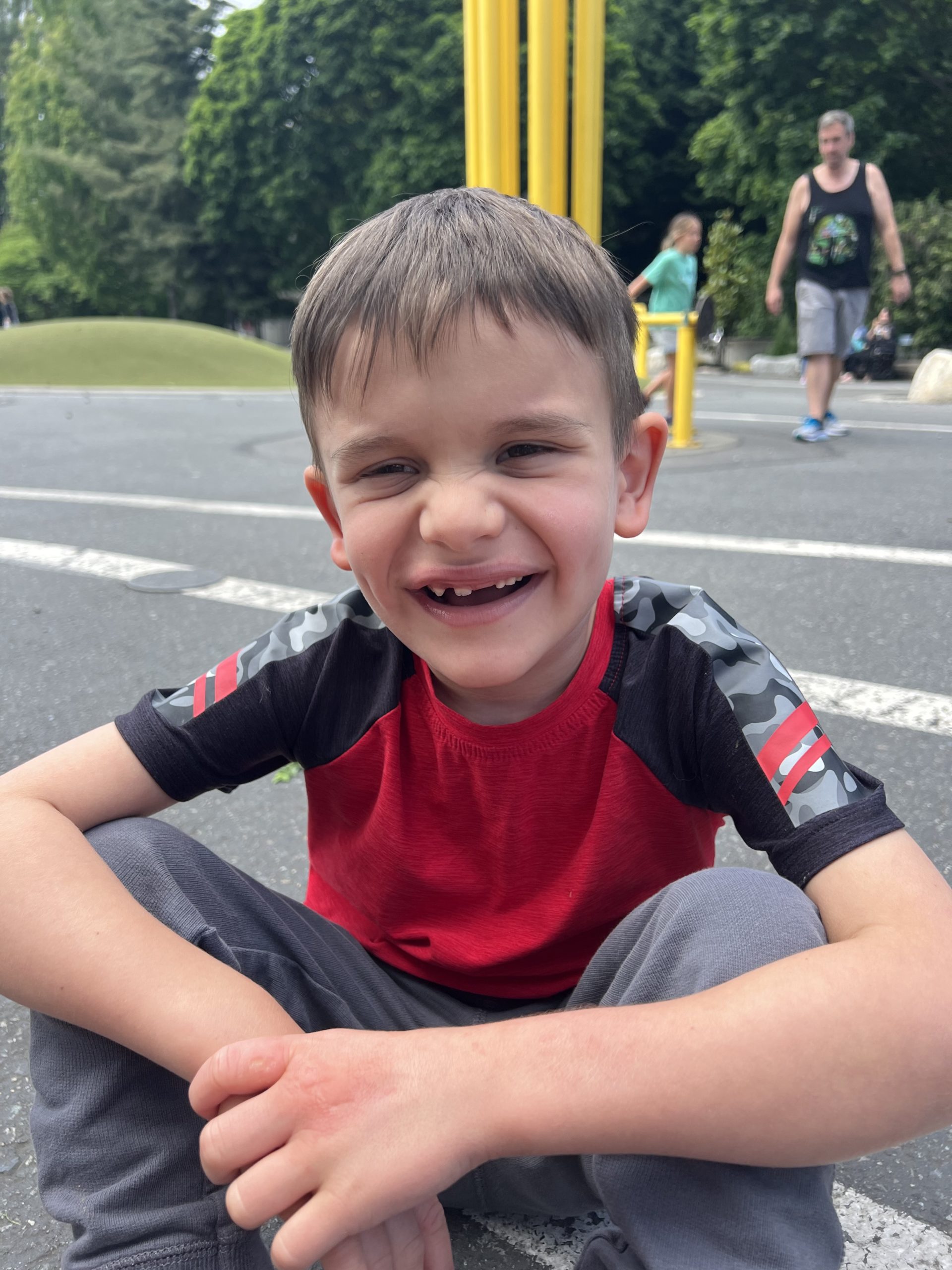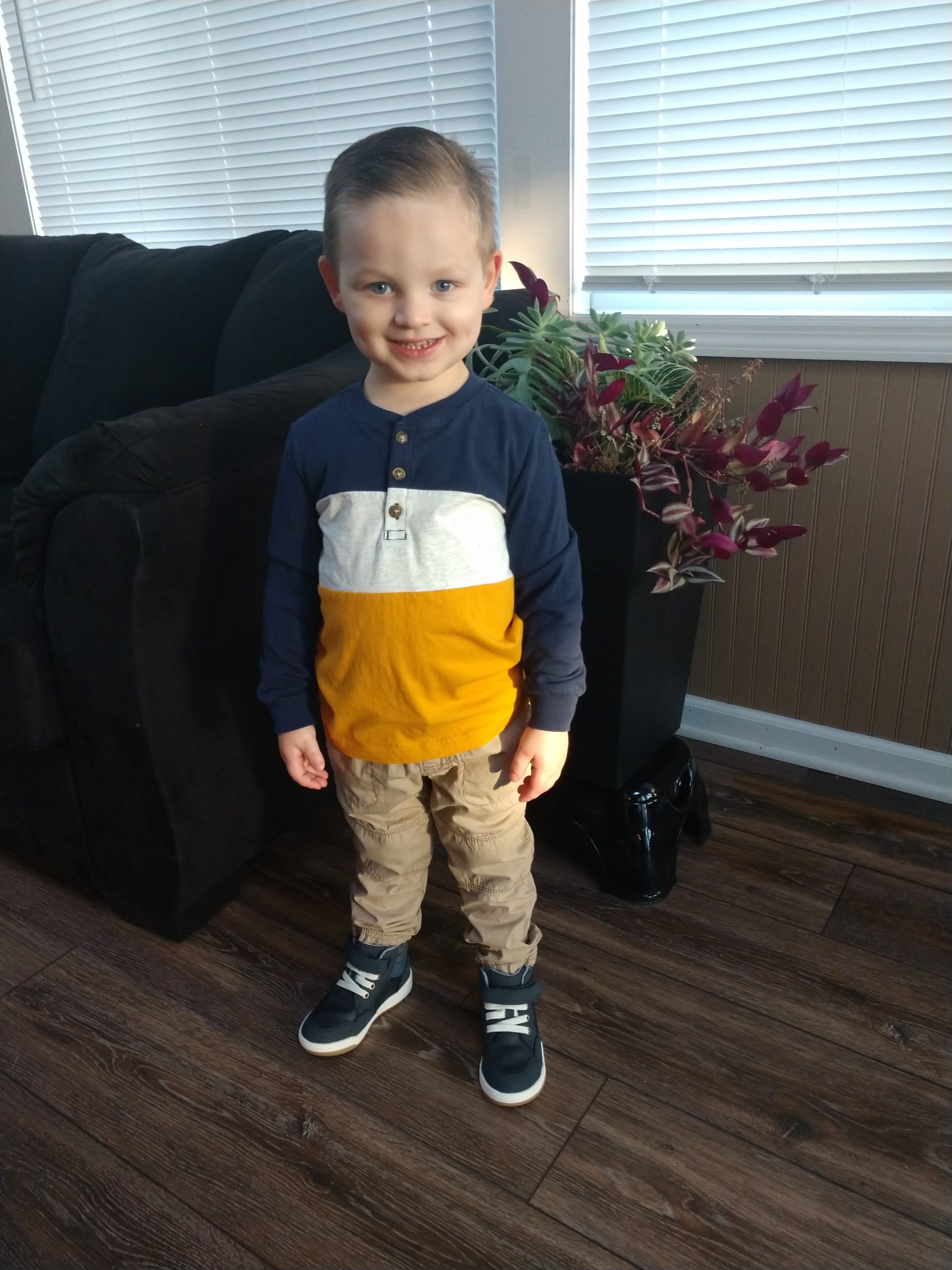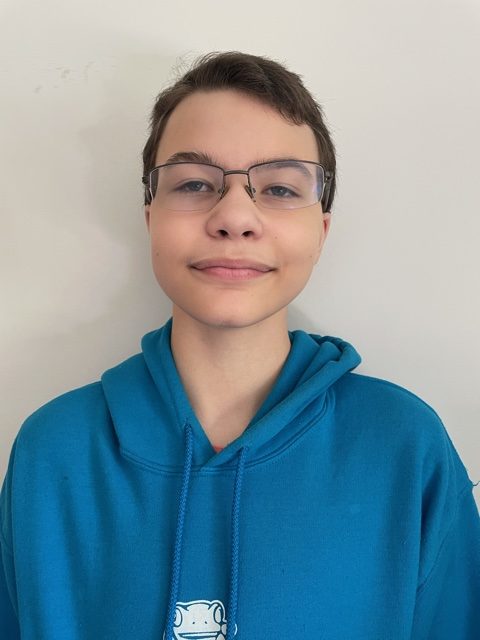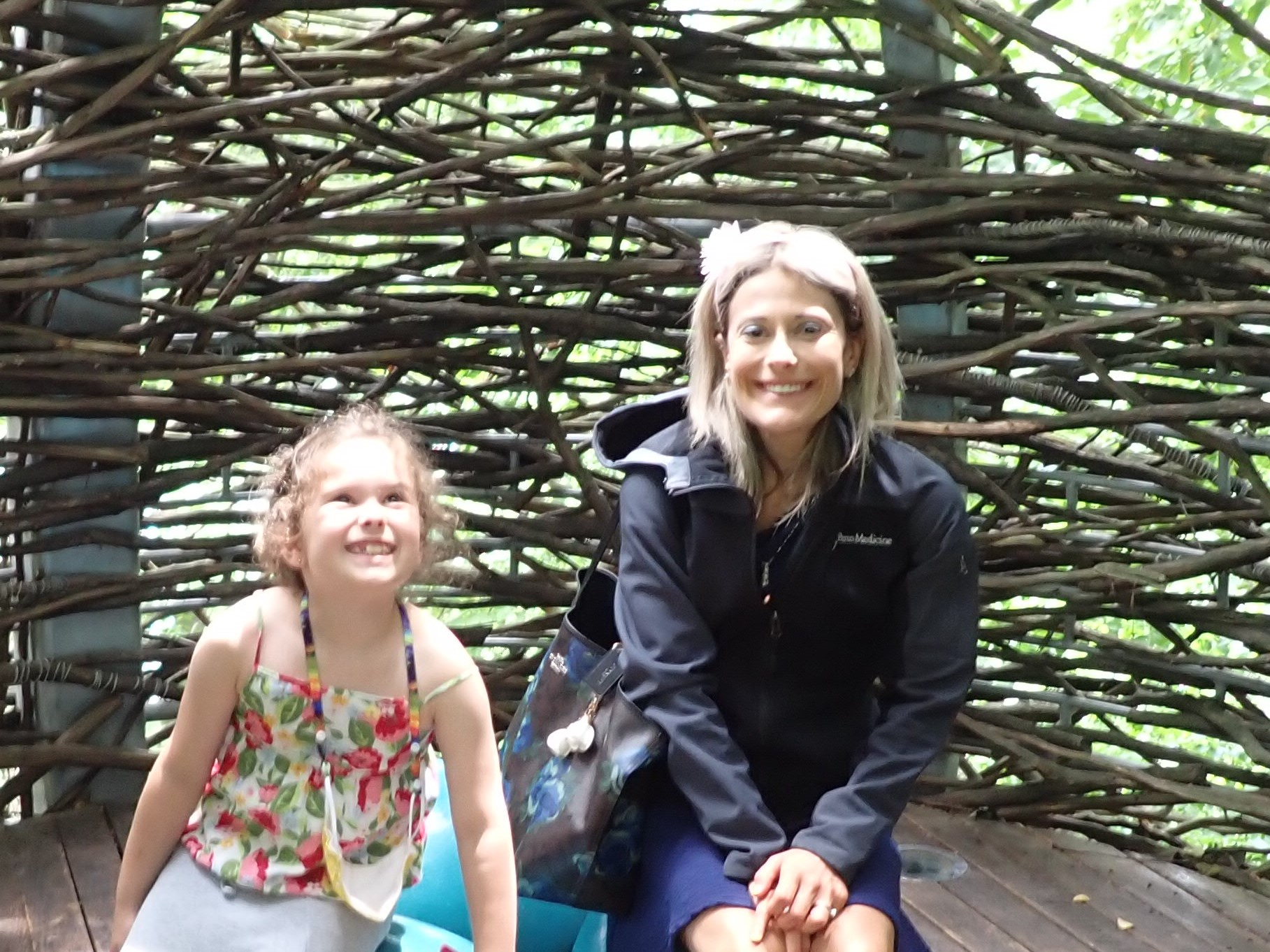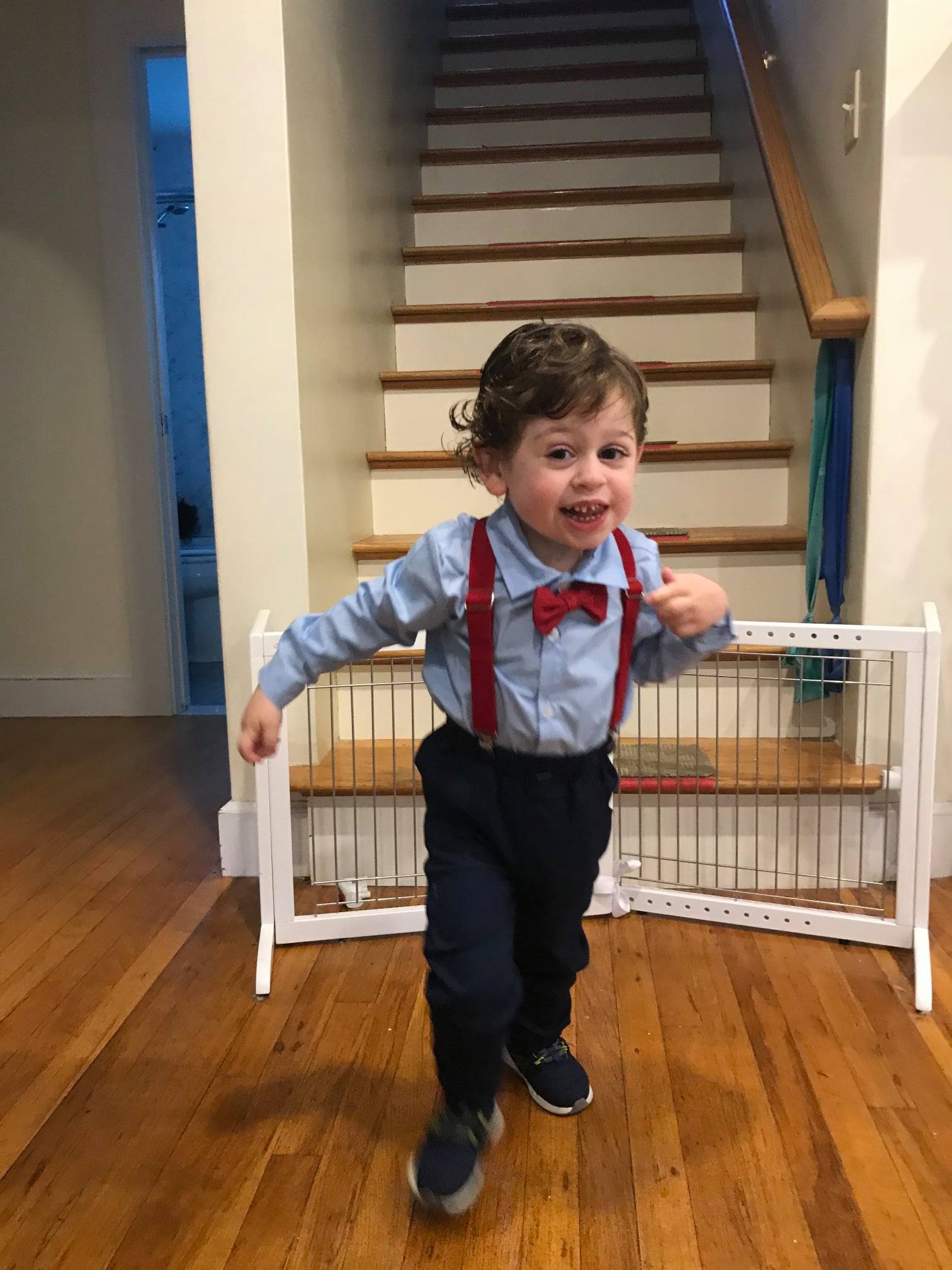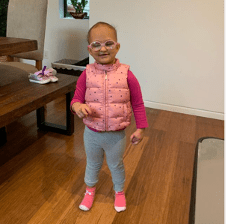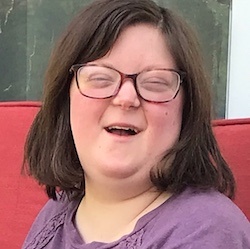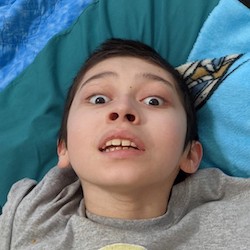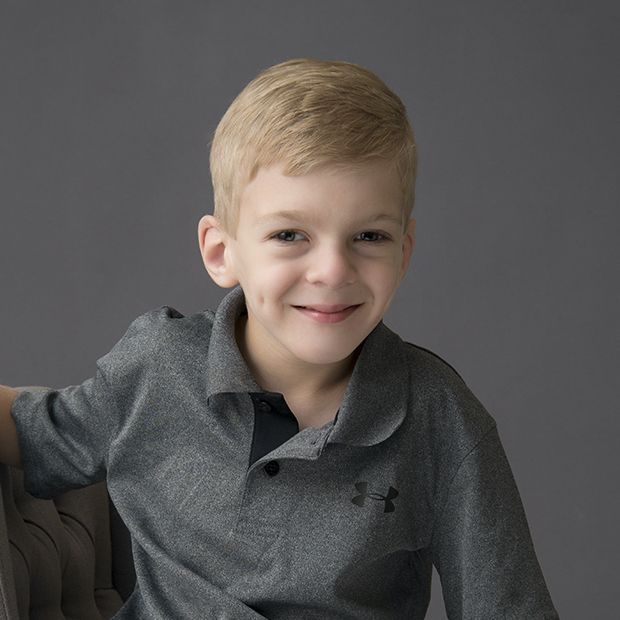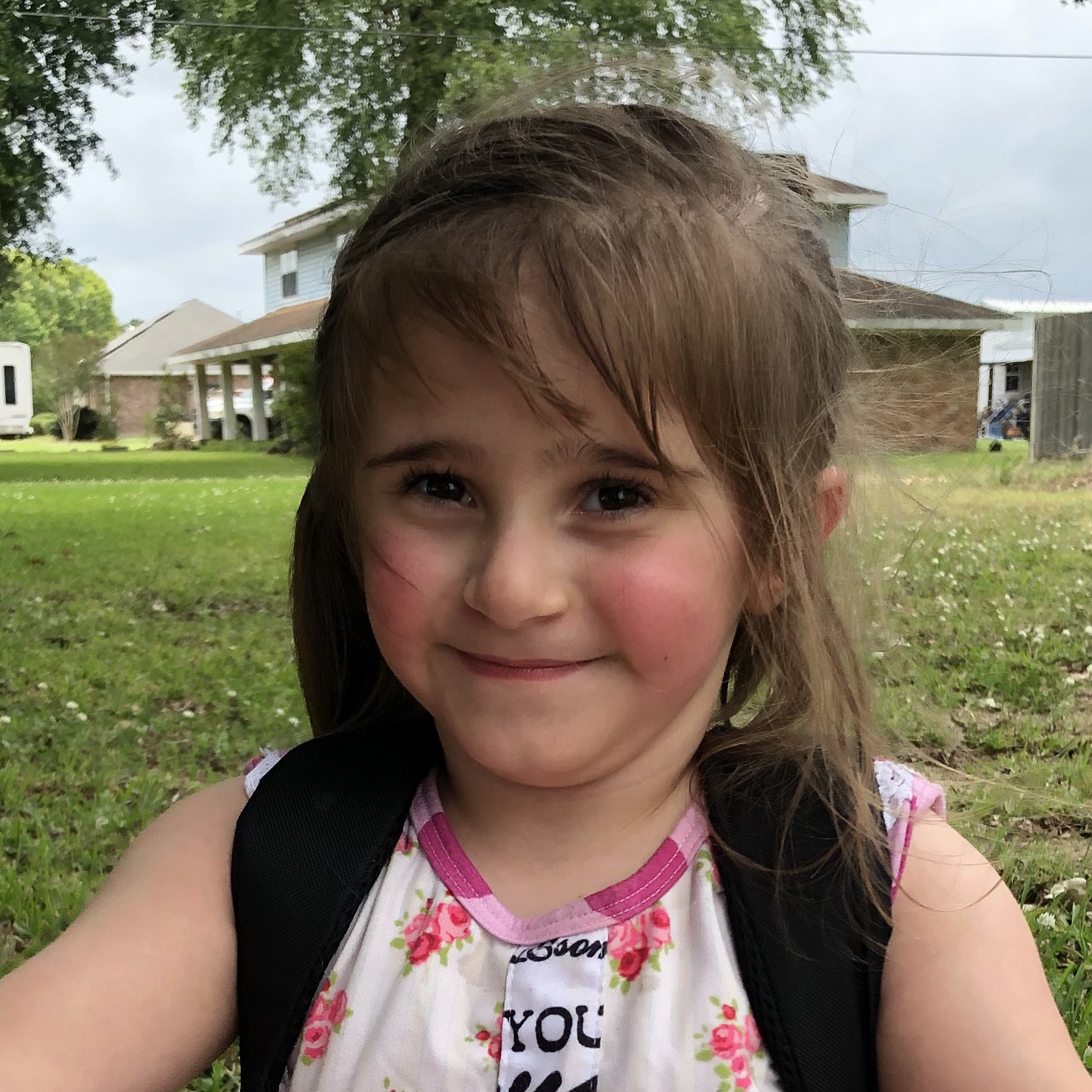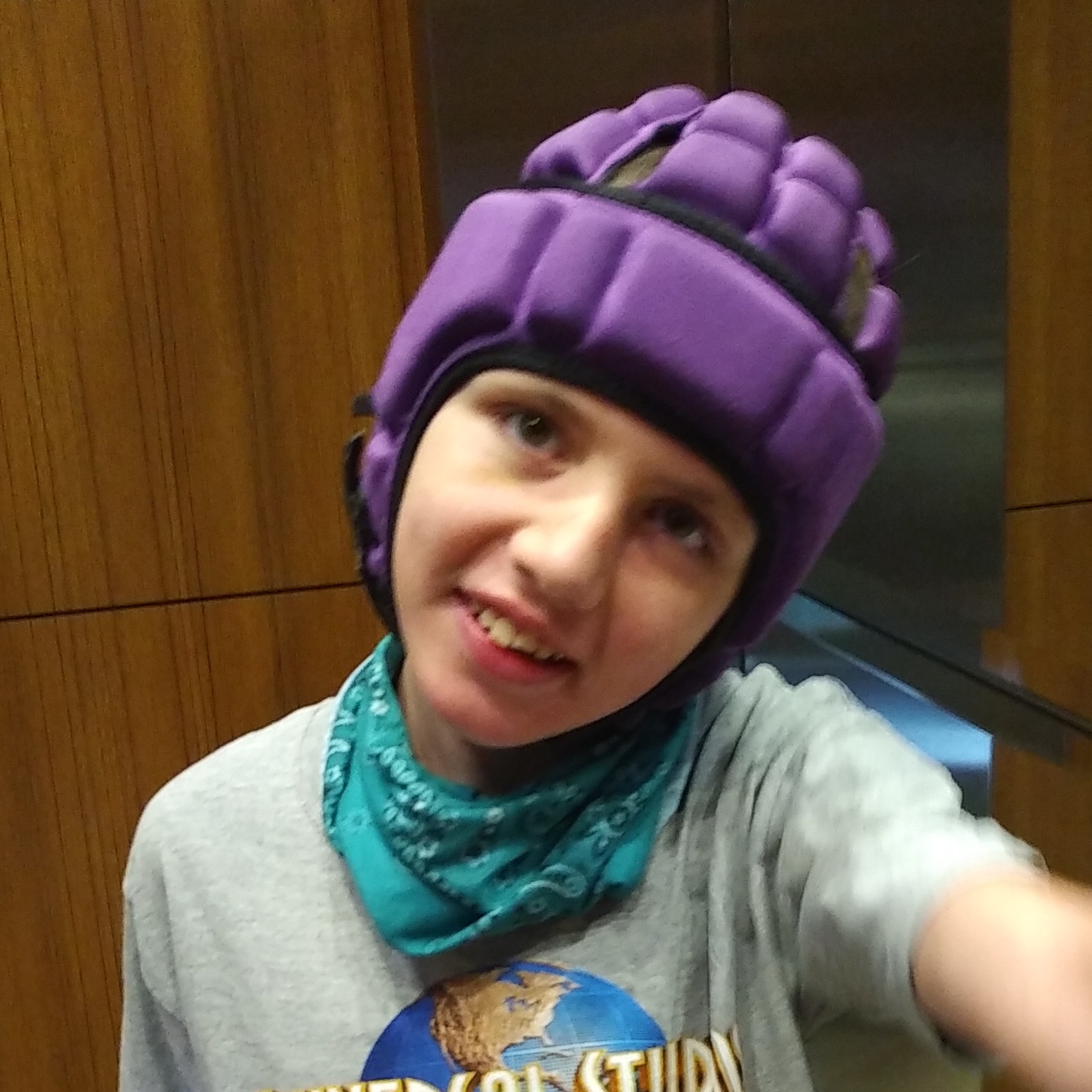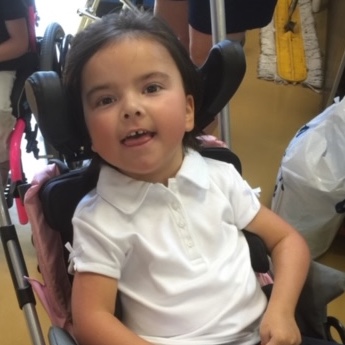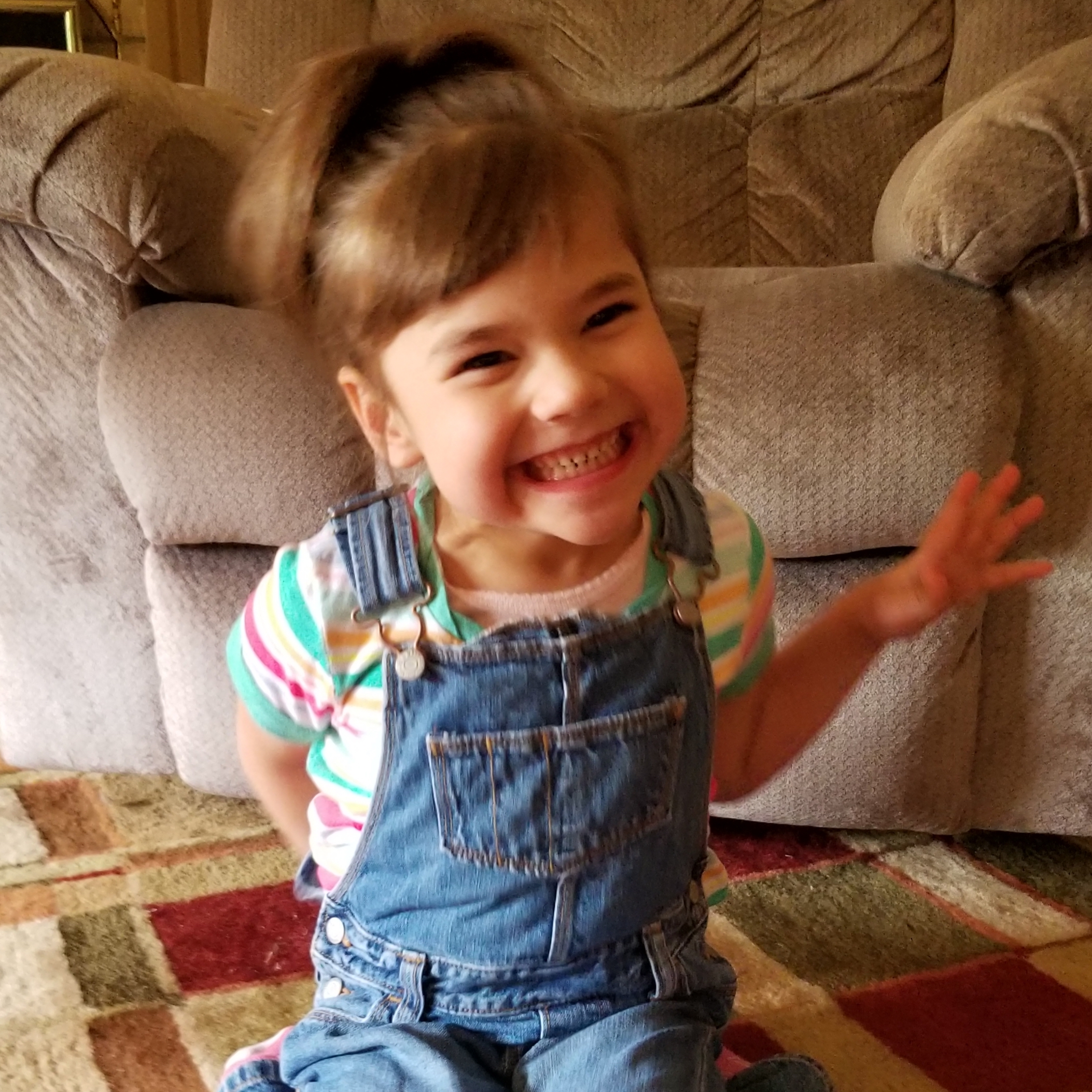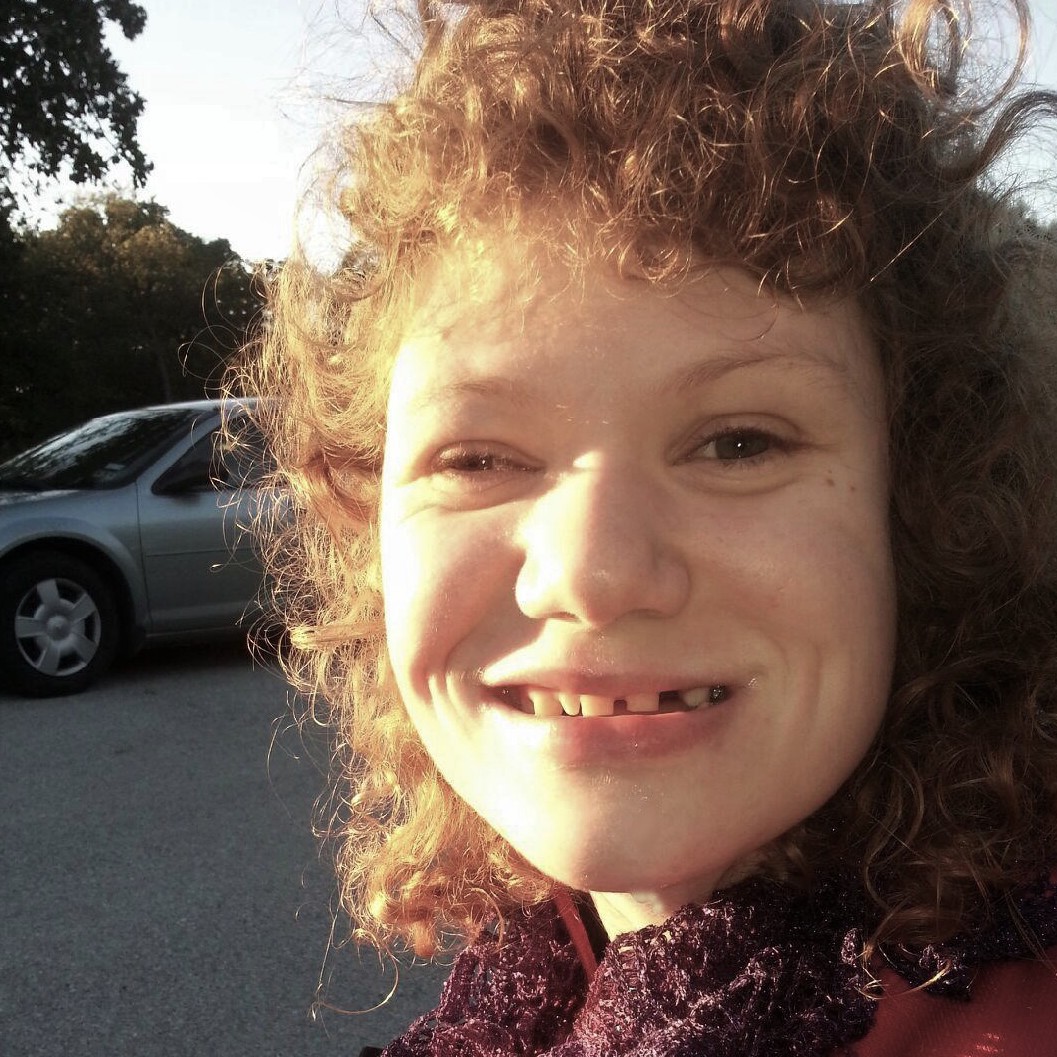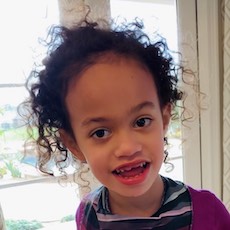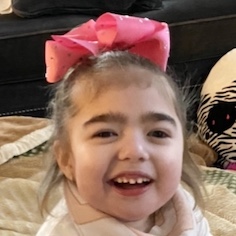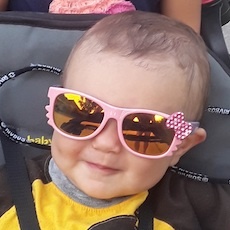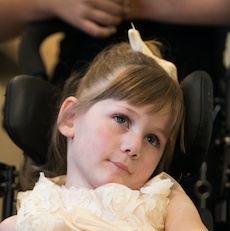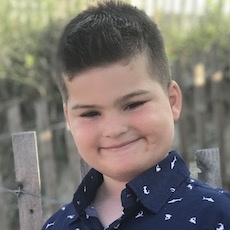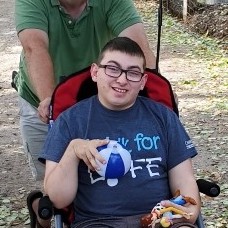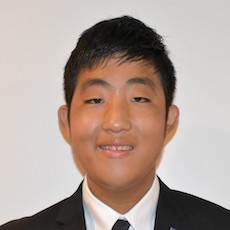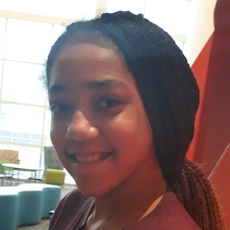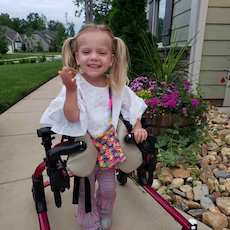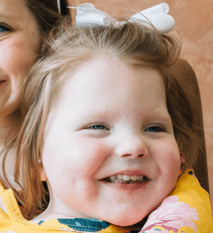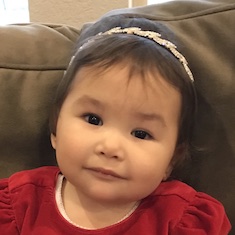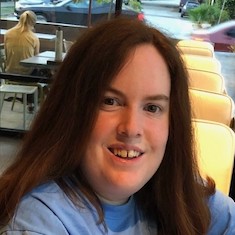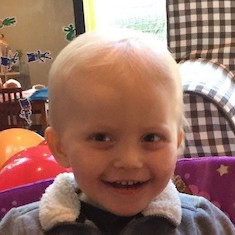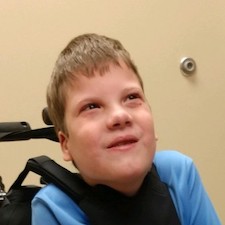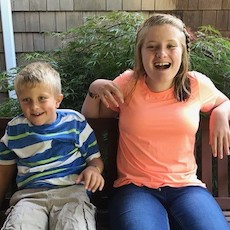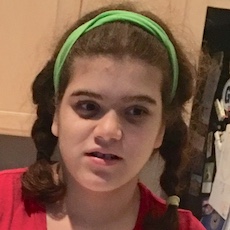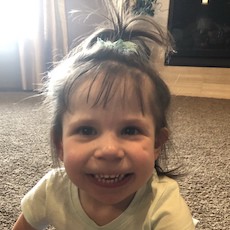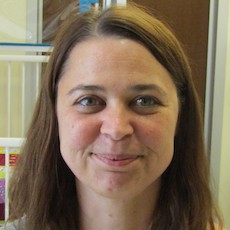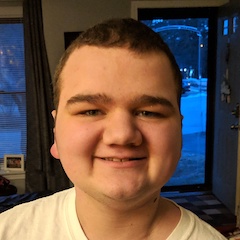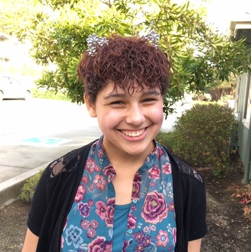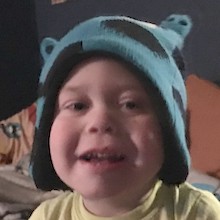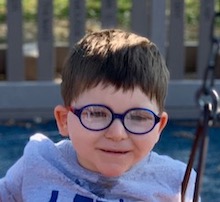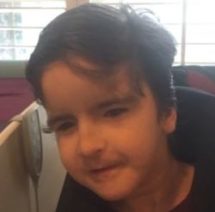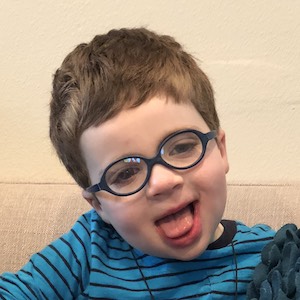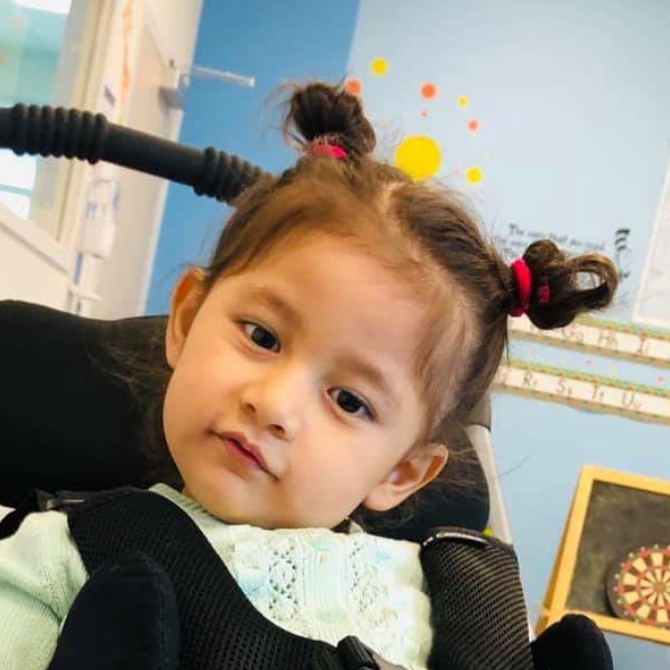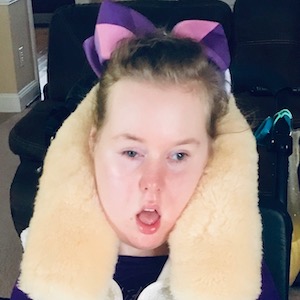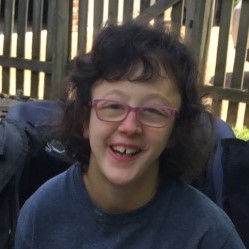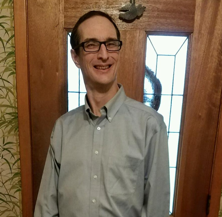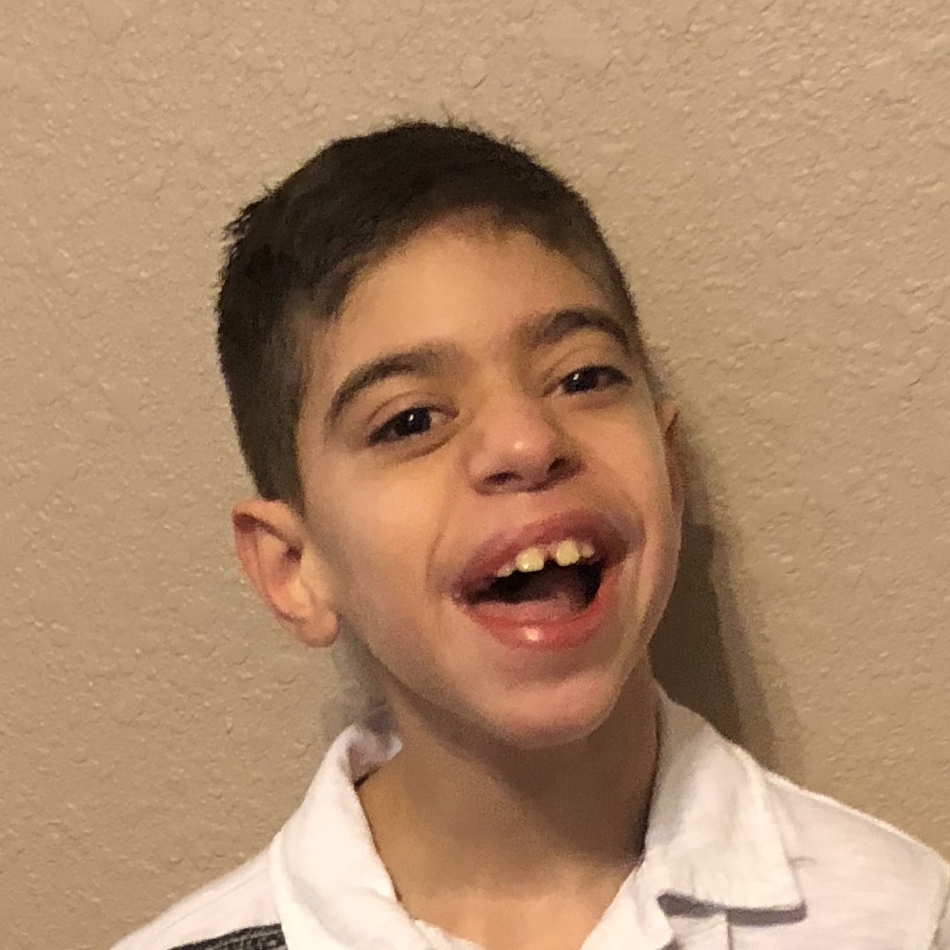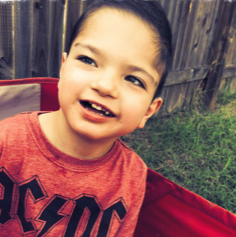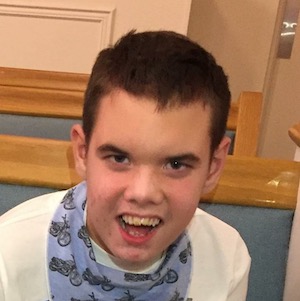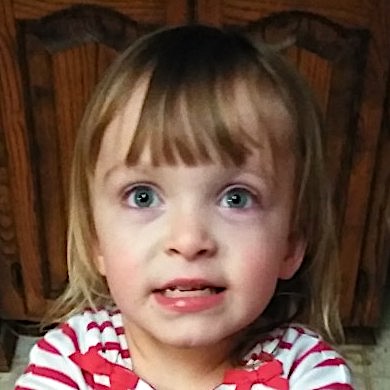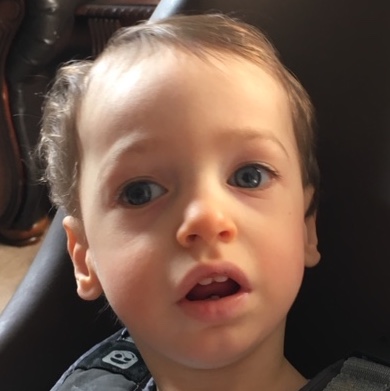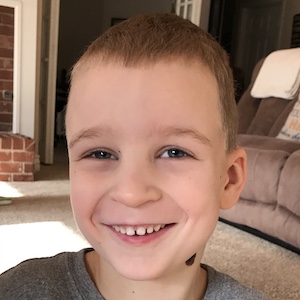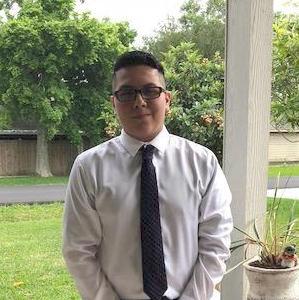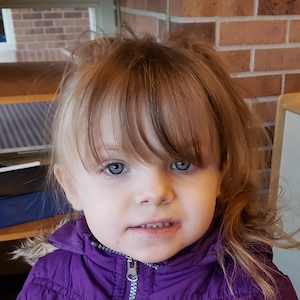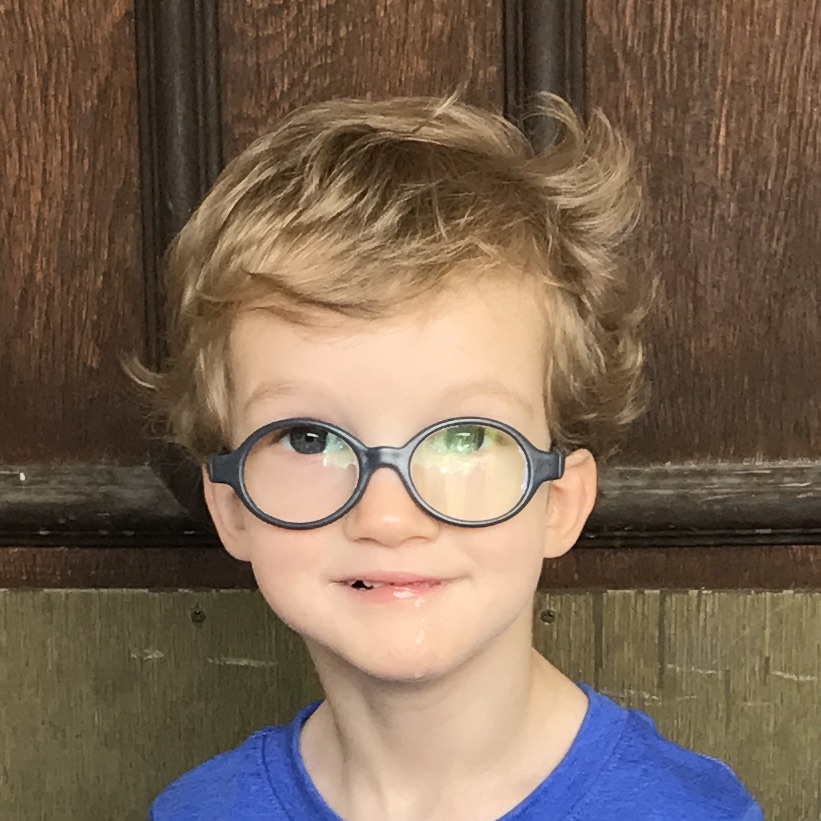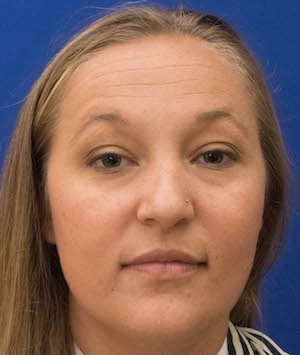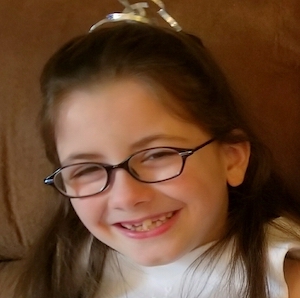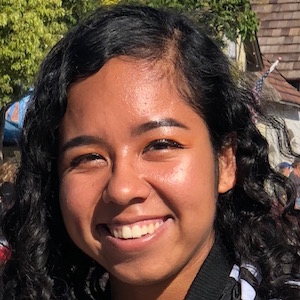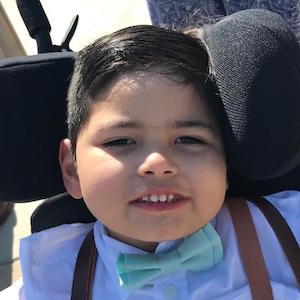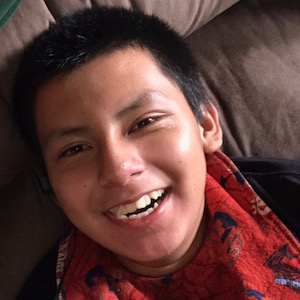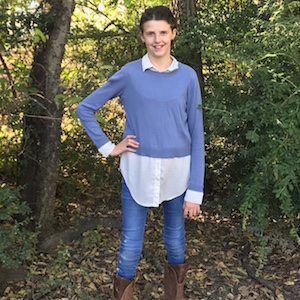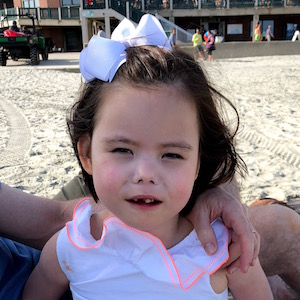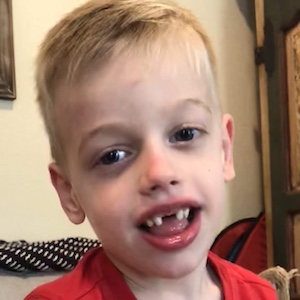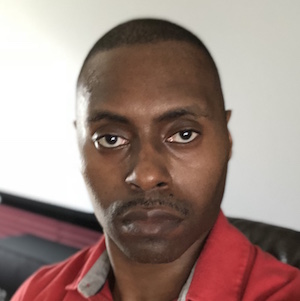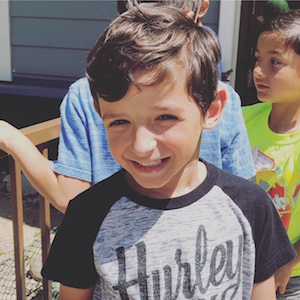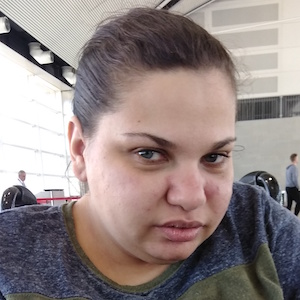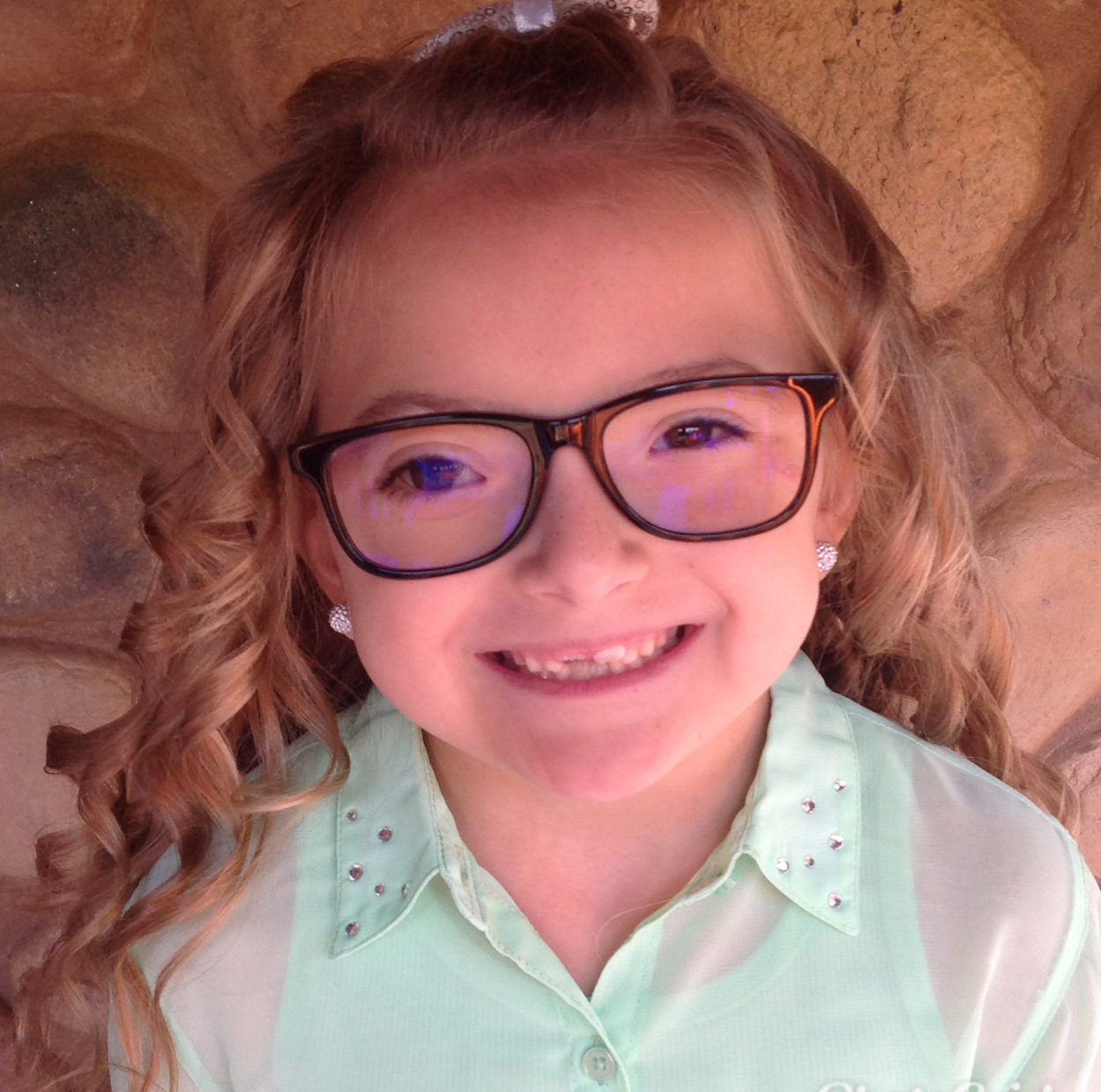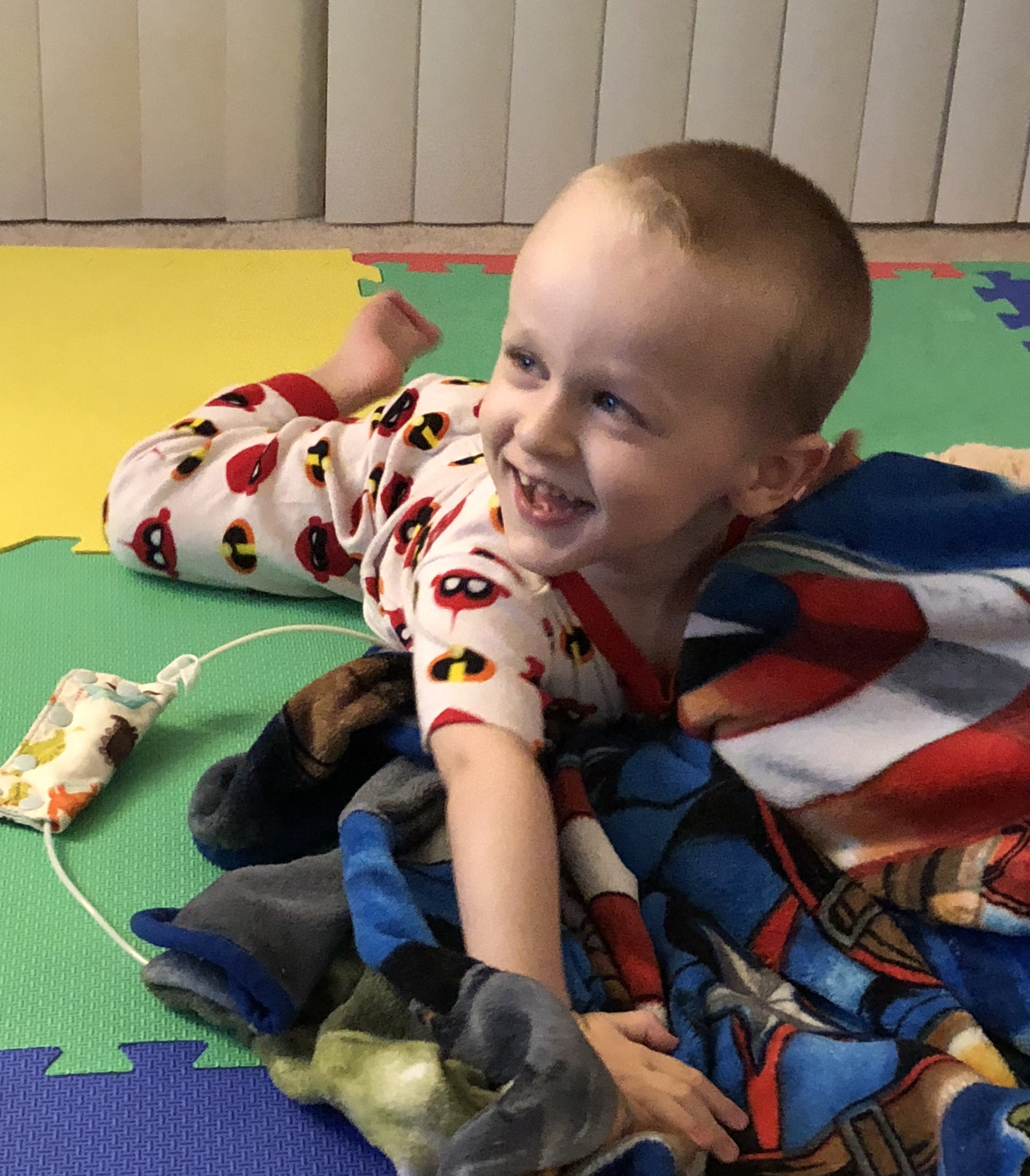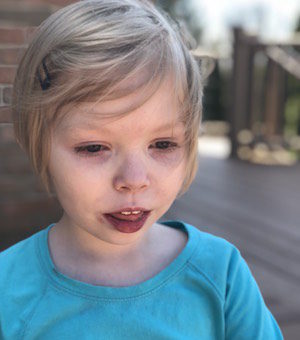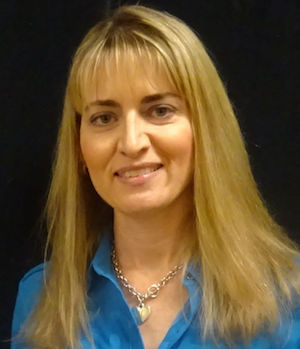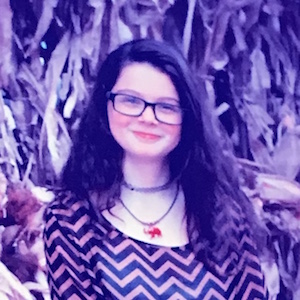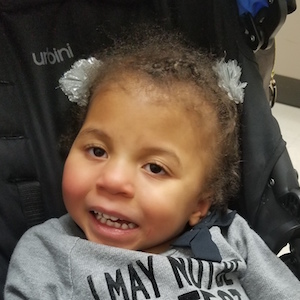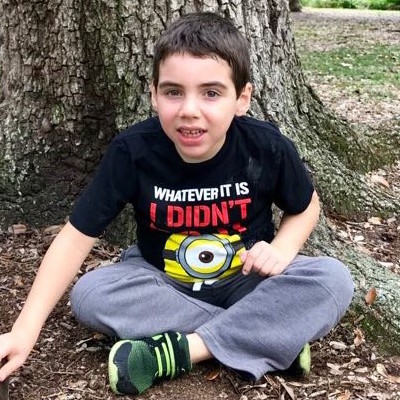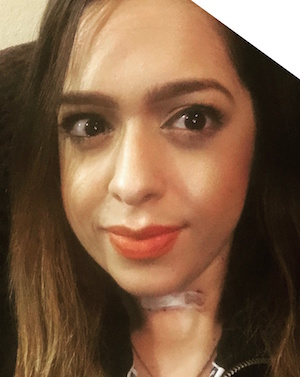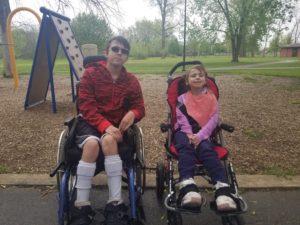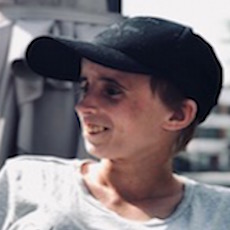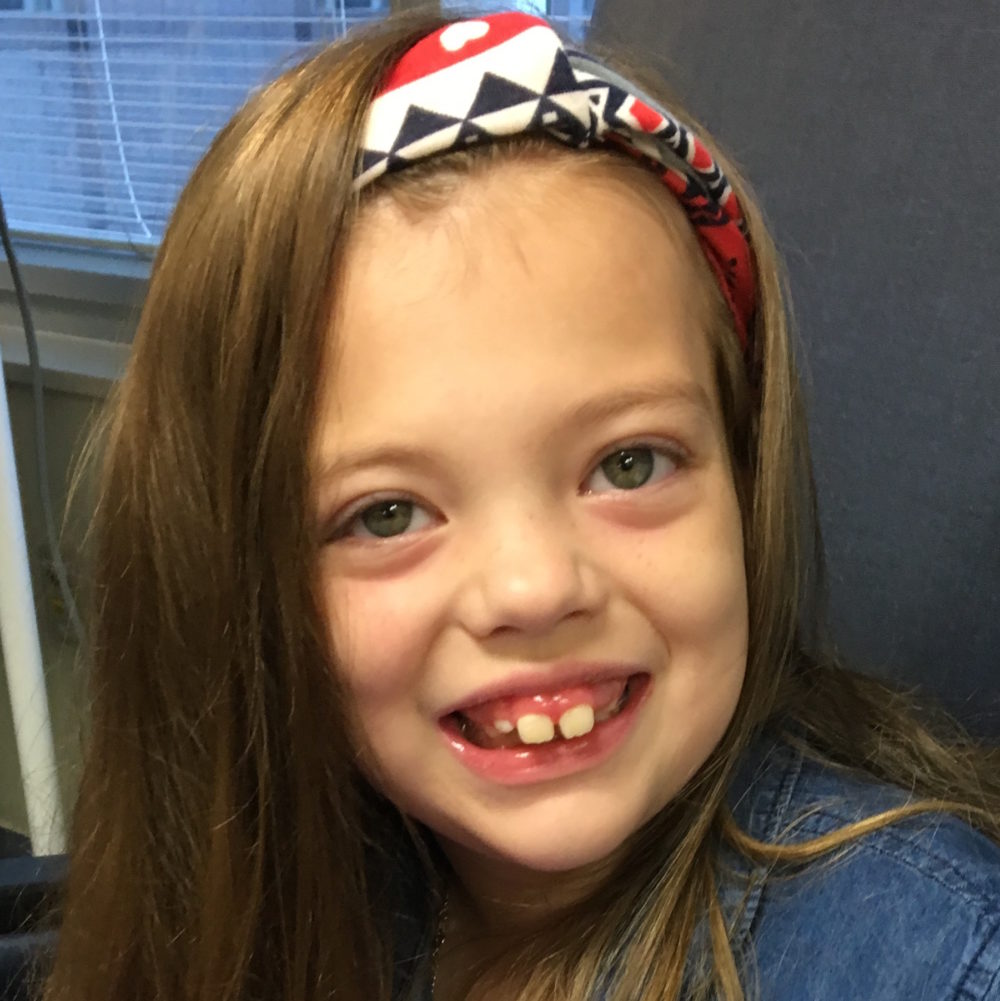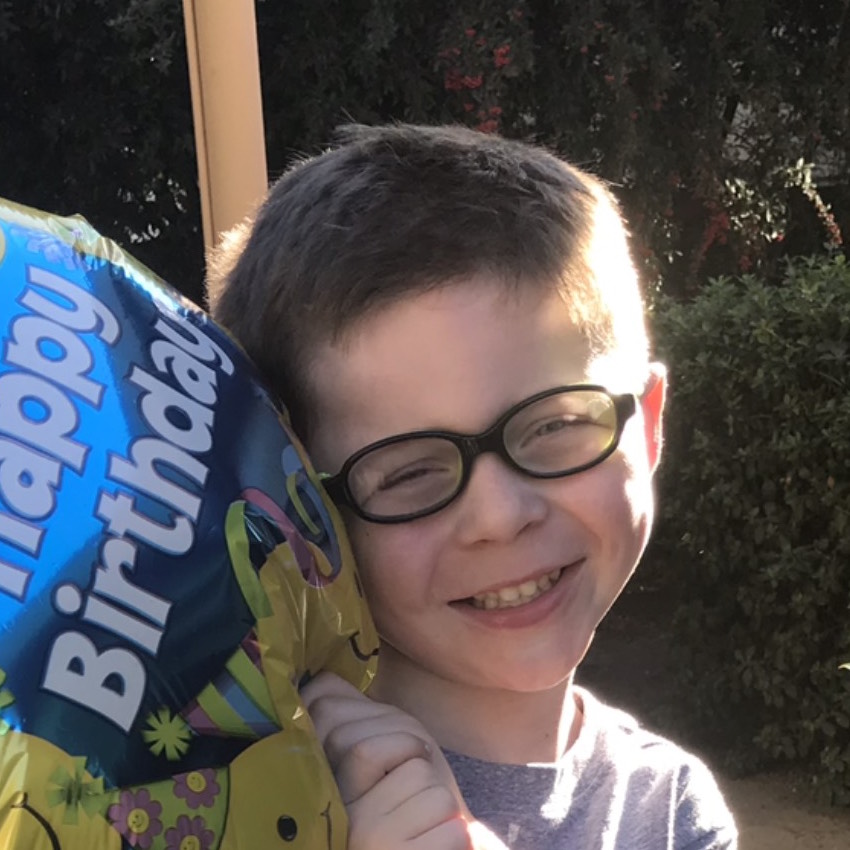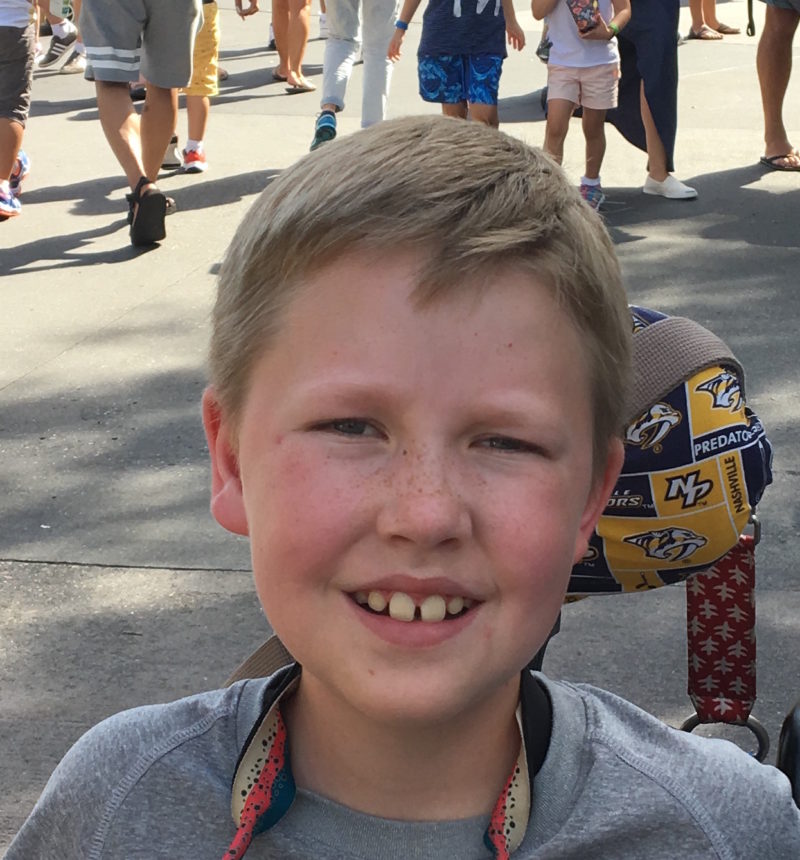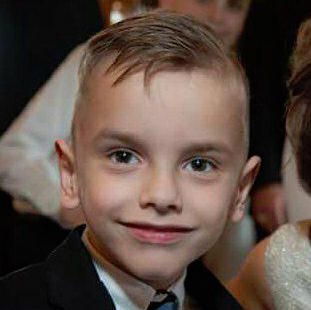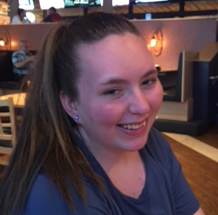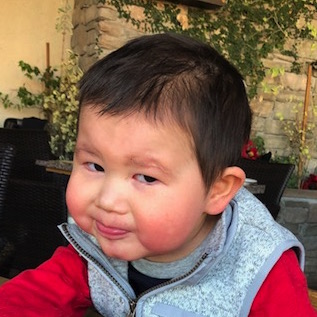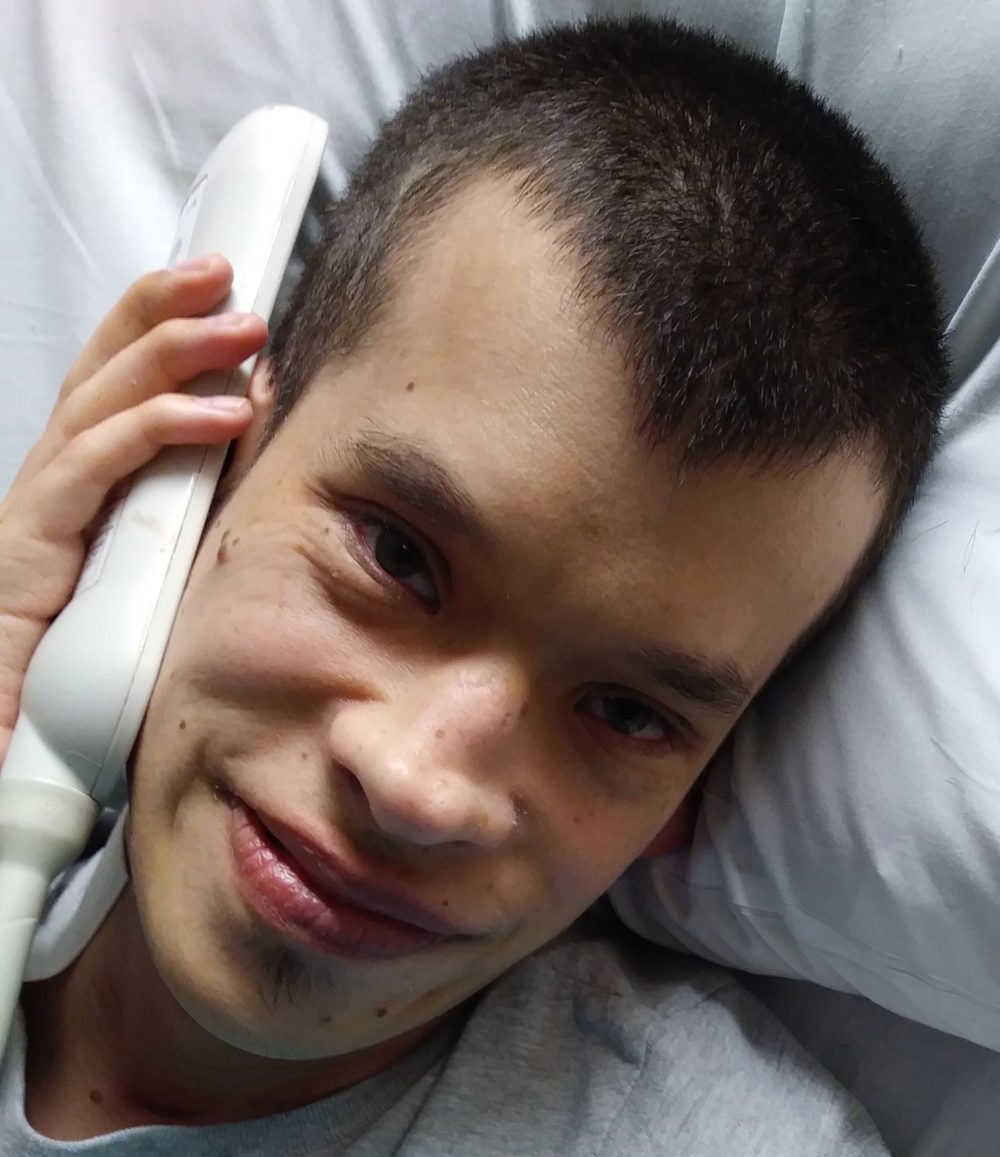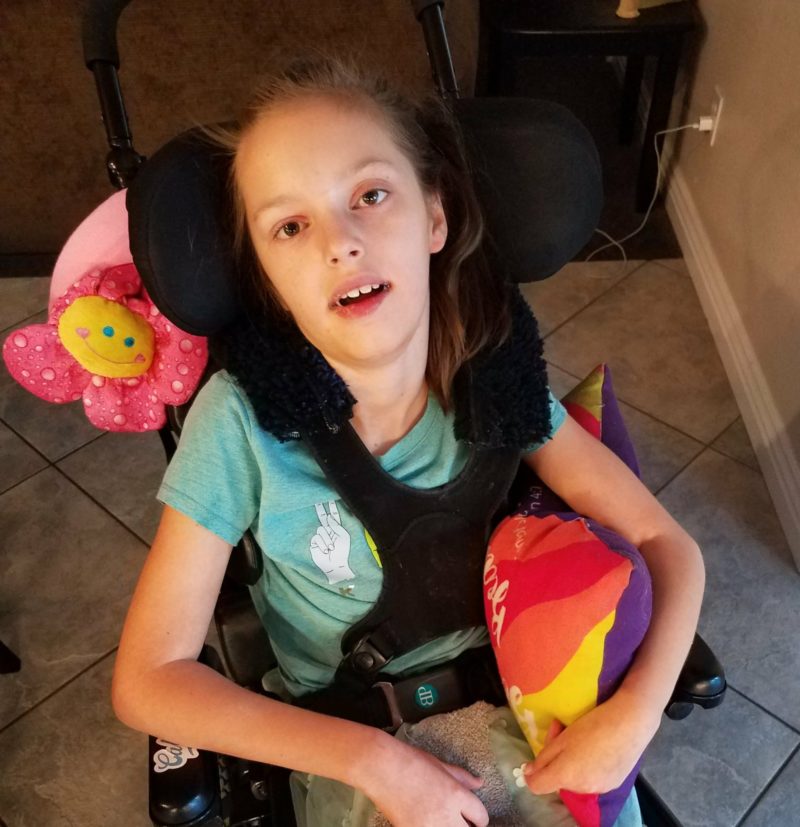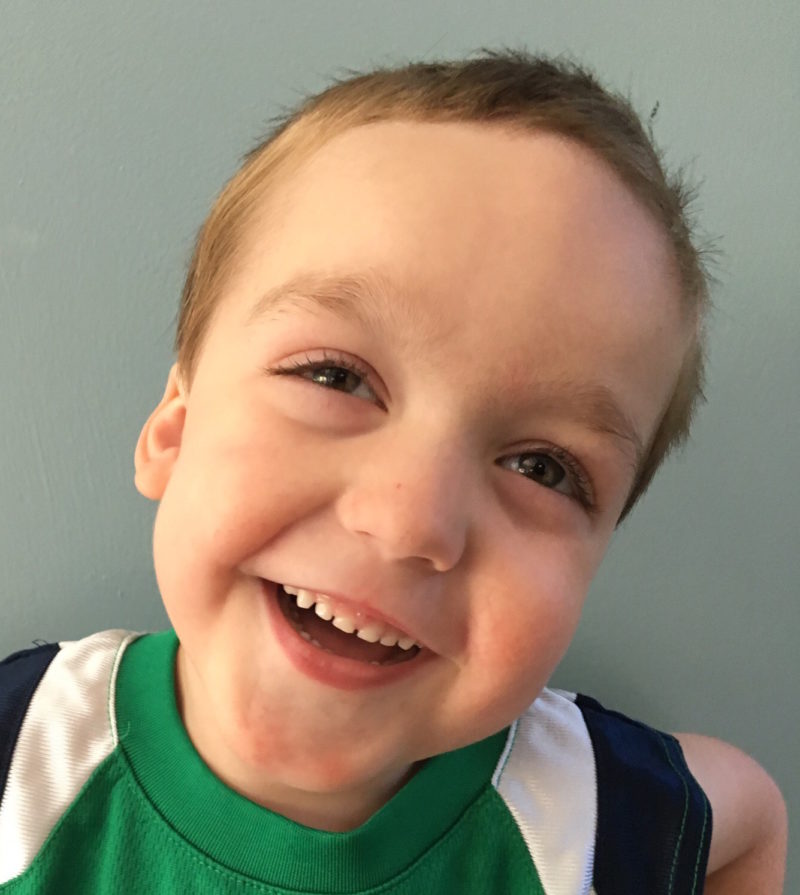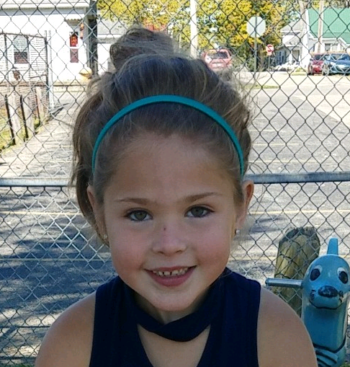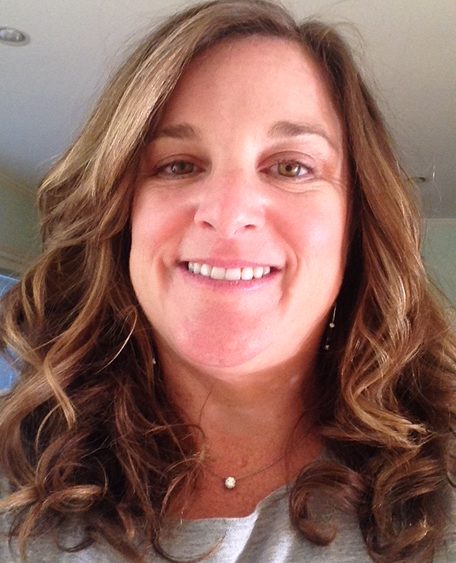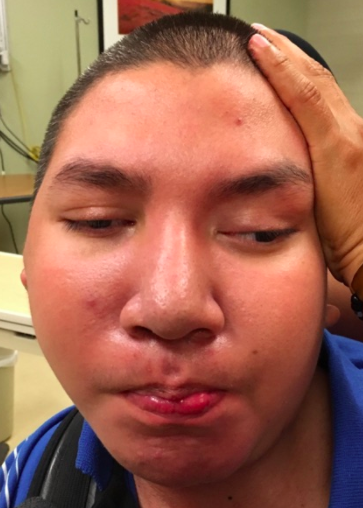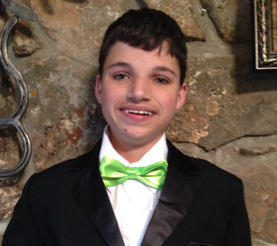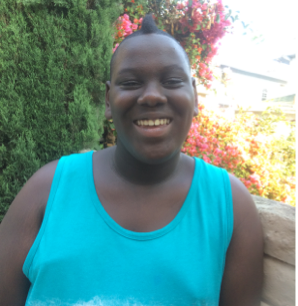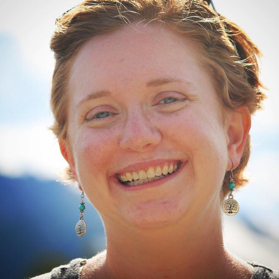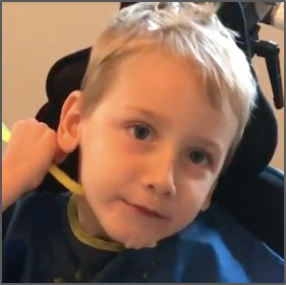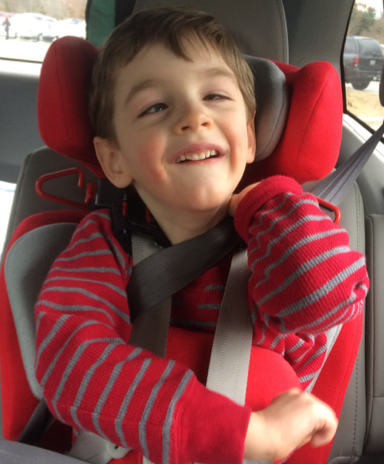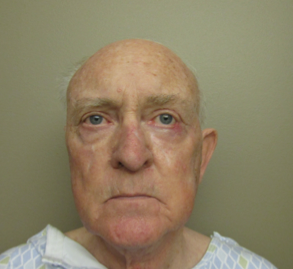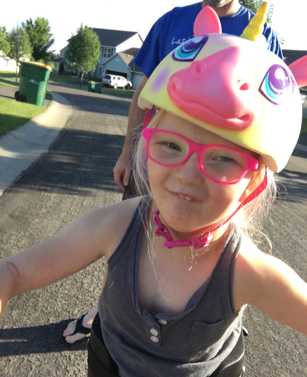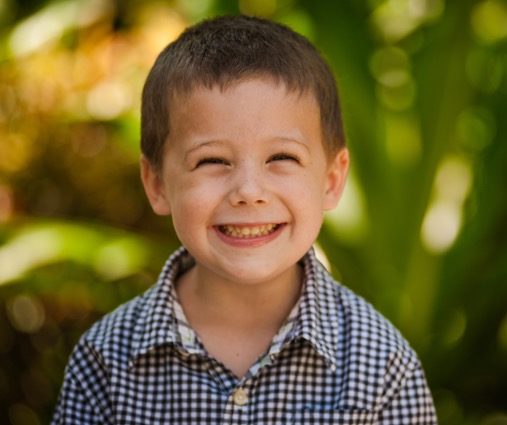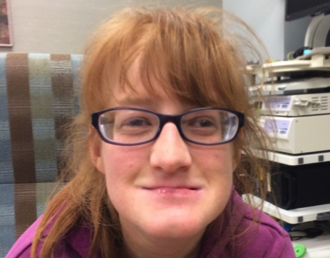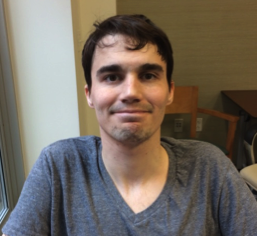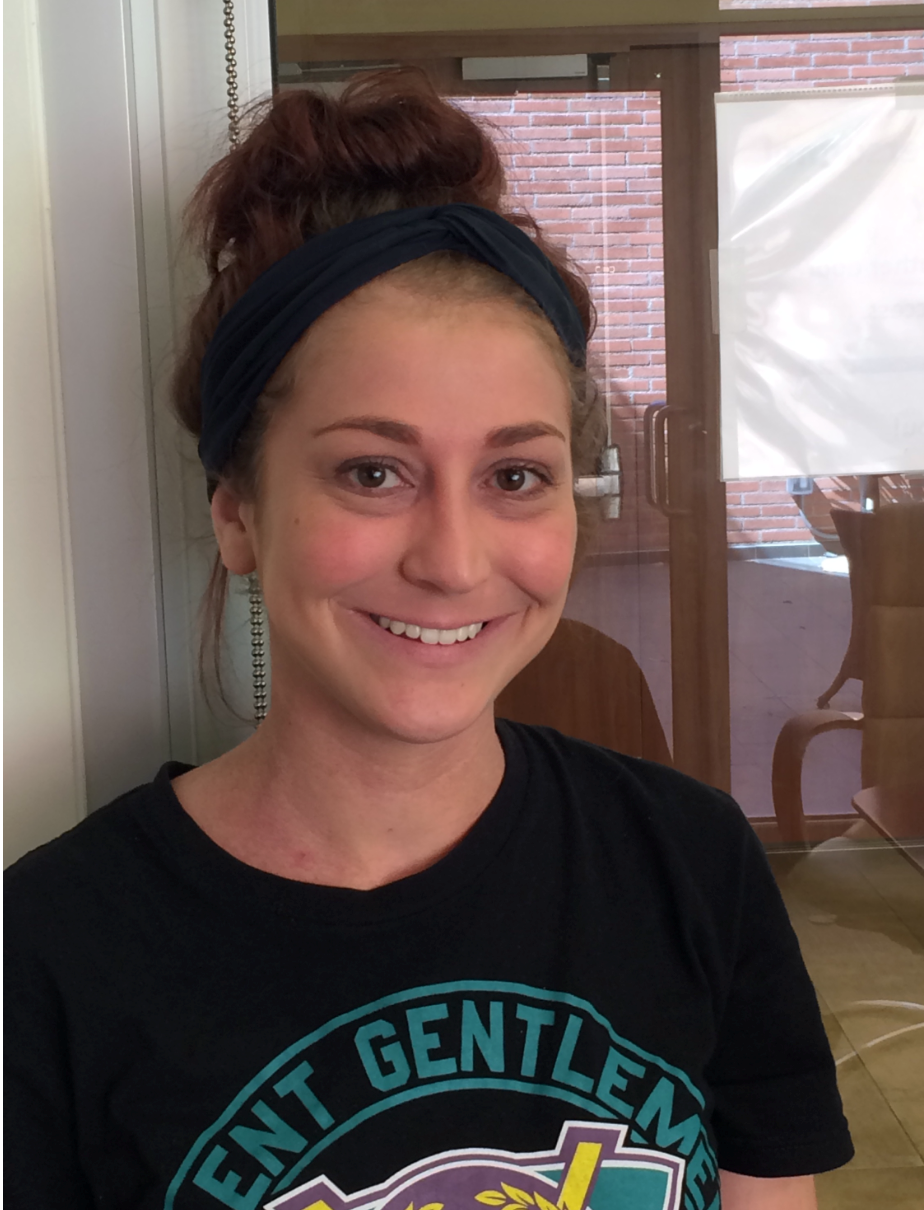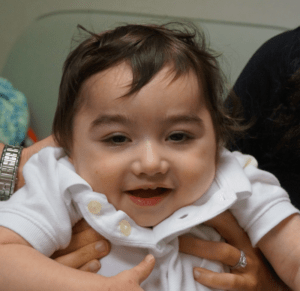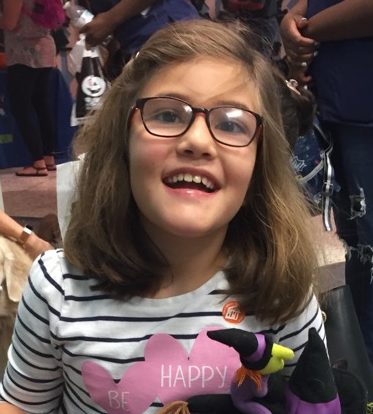Frequently Asked Questions
About the Undiagnosed Diseases Network
What is the Undiagnosed Diseases Network (UDN)?
The UDN is a research study funded by the National Institutes of Health. The UDN is made up of clinical and research centers across the United States working to improve diagnosis and care of patients with undiagnosed diseases.
What is the purpose of the UDN?
The UDN has two main goals:
1. To provide answers for patients and families affected by mysterious conditions, and
2. To learn more about rare and common diseases.
Where are the UDN clinical sites?
| Site | Location | Current Status |
|---|---|---|
| Baylor College of Medicine | Houston, TX | Open to new case submissions |
| Children’s Hospital of Philadelphia (CHOP) and University of Pennsylvania | Philadelphia, PA | Closed to new case submissions |
| Cincinnati Children’s Hospital | Cincinnati, OH | Open to internal referrals only |
| Duke University | Durham, NC | Open to new case submissions |
| Harvard-affiliated Hospitals (Boston Children’s Hospital, Brigham and Women’s Hospital, and Massachusetts General Hospital) | Boston, MA | Open to internal referrals only |
| Icahn School of Medicine at Mount Sinai | New York, NY | Open to new case submissions |
| Indiana University | Indianapolis, IN | Open to new case submissions |
| Johns Hopkins University | Baltimore, MD | Open to internal referrals only |
| Lurie Children’s Hospital | Chicago, IL | Open to internal referrals only |
| Mayo Clinic | Rochester, MN | Open to internal referrals only |
| Medical College of Wisconsin and Children’s Wisconsin | Milwaukee, WI | Open to internal referrals only |
| National Institutes of Health (NIH) Undiagnosed Diseases Program (UDP) | Bethesda, MD | Open to new case submissions |
| Sanford Health | Sioux Falls, SD | Open to internal referrals only |
| Stanford University | Palo Alto, CA | Open to new case submissions |
| University of Alabama at Birmingham | Birmingham, AL | Open to new case submissions |
| University of California, Irvine and Children’s Hospital of Orange County | Orange County, CA | Open to new case submissions |
| University of California, Los Angeles | Los Angeles, CA | Open to internal referrals only |
| University of Miami | Miami, FL | Open to new case submissions |
| University of Utah | Salt Lake City, UT | Open to internal referrals only |
| University of Washington and Seattle Children’s Hospital | Seattle, WA | Open to new case submissions |
| University of Wisconsin–Madison | Madison, WI | Open to internal referrals only |
| Vanderbilt University Medical Center | Nashville, TN | Open to new case submissions |
| Washington University | St. Louis, MO | Open to new case submissions |
| Yale University | New Haven, CT | Open to new case submissions |
What is unique about the UDN?
The UDN is trying to solve the most challenging medical mysteries by:
- Bridging the gap between clinical care and research.
- Using genetic data to try to find diagnoses.
- Working with researchers to figure out how diseases affect the body, which may lead to treatments.
- Training other doctors, nurses, genetic counselors, and scientists to use this new approach.
What is an undiagnosed disease?
An undiagnosed disease is a medical condition without a known cause despite a lot of evaluation.
What is a rare disease?
A rare disease is a disease that affects fewer than 200,000 people in the United States. There are so many separate rare diseases, that overall 1 in 10 people have a rare disease.
Who is eligible for the UDN study?
Ideal participants for the UDN include individuals with:
- One or more objective findings pertinent to the phenotype for which a case was submitted.
- No diagnosis despite evaluation by specialists who assessed the patient for the objective finding(s).
- Agreement for the storage and sharing of information and biomaterials, in an identified fashion amongst the UDN centers, and in a de-identified fashion to research sites beyond the network.
Participants unable to consent can be enrolled.
Participants who are unlikely to be assigned for additional evaluation include individuals with:
- Reported symptoms with no relevant objective findings.
- A diagnosis explaining objective findings.
- A diagnosis suggested on record review.
- Unwillingness to share data.
Submitting a Case to the UDN
How do I submit my case to the UDN study?
Before submitting a case to the UDN, it is important to discuss the study with a health care provider (for example, specialist, primary care physician, nurse practitioner). If you want to submit the case online, you will need an email address and access to the Internet. If you do not have an email address and access to the Internet, you can request a paper case submission form. You will also need to ask your health care provider to write a study recommendation letter. The study recommendation letter must include:
- A summary of the participant’s medical problems
- Date when symptoms were first noticed
- For pediatric patients: prenatal and birth history
- Previous diagnoses
- History of evaluations and tests
- History of treatments and medications
- Current medications
- Family history
- Health care provider’s diagnostic impressions
Once you have the study recommendation letter, you can fill out an online case submission through our website, which we call the UDN Gateway.
You will upload the study recommendation letter directly to this website. You may upload medical records directly to this website. You will be provided the opportunity to upload a 1-page patient narrative telling us your story from your perspective and a photo. It should take less than 20 minutes to complete the online case submission.
When the UDN has received your case submission, you will receive a confirmation email. The UDN will let you know if more information is needed before your case can be reviewed.
Why do I need a study recommendation letter from my health care provider?
The UDN evaluation is only one part of your medical care. Your health care provider has been with you before the UDN evaluation and will likely continue to provide your medical care after the UDN evaluation. The UDN will provide information from the evaluation to you and to your health care provider. Your health care provider will be responsible for your follow-up medical care.
I have multiple health care providers. Who should I list on the case submission?
Please provide contact information for the health care provider who should receive updates about your case submission.
My relative is a health care provider. Can they write the study recommendation letter?
No. Study recommendation letters must be written by health care providers who are not related to the participant.
I don’t have a primary health care provider and I don’t have health insurance. Can I still submit my case?
Yes, but you will need a study recommendation letter from a health care provider. If you receive care in a clinic or other health care setting, you can discuss your case submission with a member of the medical team.
Having insurance is not a requirement to participate in this study. We aim to minimize your out-of-pocket costs as much as possible. If you are assigned for additional evaluation in the UDN, talk with your UDN clinical site about any possible charges you may incur.
More than one member of my family is affected by an undiagnosed condition. Do I need to submit a case for each person?
No, one case should be submitted even if there are multiple people affected in a family. This case submission should be for one individual, not the whole family (e.g., “John Smith”, not “Smith Family”). You may upload multiple study recommendation letters and medical records to a single case submission.
I need help submitting my case. Who should I contact?
The UDN Helpdesk at the UDN Data Management Coordinating Center can answer general questions about the UDN research study and assist participants with submitting cases. The Helpdesk phone number is 1-844-RING-UDN (1-844-746-4836). The Helpdesk is open Monday–Friday, 9am – 5pm ET. The Helpdesk is closed on national holidays.
Is information available in languages other than English?
The Helpdesk uses an on-demand interpreting service to communicate with participants who do not speak English. The paper UDN case submission form is available in Spanish. Paper case submission forms completed in Spanish are translated into English at the UDN Helpdesk. Medical records must be submitted in English.
What happens with my case submission?
After your case is submitted, it will be assigned to one of the UDN clinical sites for review. The UDN may contact you (typically within one month of case submission) to request additional information, such as additional medical records.
After all the requested information is received by a UDN clinical site, it typically takes 6-8 weeks for the network to decide which evaluation type to assign the case to.
Can I choose which UDN clinical site I’m assigned to?
You may ask to be assigned to a specific UDN clinical site on your case submission if you want to. However, there is no guarantee that you will be assigned to that site.
If I submit my case, does that automatically mean that my case will be reviewed?
Yes.
If I submit my case, does that automatically mean I can go to a UDN clinical site?
No. The UDN reviews medical records for all cases that are submitted. The UDN can only assign a small number of participants to additional evaluation, including an in-person clinical site visit. Even if you are not assigned for additional evaluation, you might receive some useful feedback about your medical condition from the medical records evaluation.
How will I find out the UDN’s decision?
We will contact you and the health care provider you list on the case submission.
If my case is not assigned for additional evaluation, can I ask someone to review the submission again?
If you have new medical information, you can ask the assigned UDN clinical site to review your case submission again. However, there is no guarantee that the decision will change.
The UDN makes all decisions as a network. There is no process to request for someone else to review a case after it is assigned to receive a medical record review only.
UDN Evaluation Process
If I am assigned to additional evaluation into the UDN study, what happens next?
You will work with your assigned UDN clinical site to plan your UDN evaluation. You may also be asked to provide copies of additional medical records. You will be asked to enroll in the study and sign a consent form. You will also be asked to provide information about the health of your family members and to give permission for photographs and samples (such as blood and skin) to be taken.
You may be asked to have virtual visits with your UDN clinical site. You may be asked to travel to your
assigned UDN clinical site for a medical and research evaluation. You may be asked to send a sample for
genetic testing to the clinical site several weeks before your evaluation. Based on the types of symptoms
you have, various medical specialists will evaluate you during your clinical site visit. You will also be asked
to fill out some forms and surveys regarding your health and your experience with the UDN before, during, and after the clinical site visit.
The UDN works to provide a similar experience for all UDN participants, however, practices may vary by clinical site.
Will participants also have DNA tested as part of this study?
If assigned for further evaluation in the UDN, most participants will have samples taken for DNA testing.
The hope is that DNA testing will help the UDN team diagnose conditions. You will be informed about how your DNA will be used. If available and willing to participate, your biological family members may also provide DNA samples for testing. Your UDN clinical site will determine which family members should be asked to participate. More information about genetic testing through the UDN is available in the Genetic Testing Handout.
There may be people who have a history that suggests that the undiagnosed disease is not genetic. If you suspect an environmental cause of your condition, be sure to say so on the case submission.
Why might my family members need to be tested?
If your DNA is being analyzed, it is helpful to also get samples from your family members to compare their DNA with your DNA. This helps the UDN team to assess the meaning of your results.
What if my family members are unable or unwilling to participate?
You may still qualify to participate. However, this situation may make it harder for the UDN team to find a diagnosis.
Will the UDN evaluation give me a diagnosis?
The goal is to give you a diagnosis, but this may not happen.
Will I receive treatment through the UDN?
No, treatment will usually not be provided as part of the UDN. Treatment will remain your and your health care provider’s responsibility. But you and your provider may receive treatment recommendations from the UDN.
What is the cost for participating if I am assigned to additional evaluations?
We aim to minimize your out of pocket costs as much as possible. If you are assigned to additional
evaluations in the UDN, talk with your clinical site representative about any possible charges you may incur.
What happens after the UDN evaluation?
After the UDN evaluation, you and your health care provider will receive the information from the evaluation. Long term care will not be provided by the UDN. Some UDN participants may be eligible for other research studies at the UDN site or other academic centers.
Health Care Providers
My patient asked me to write a recommendation letter. What should this letter include?
The study recommendation letter must include:
- A summary of the participant’s medical problems
- Date when symptoms were first noticed
- For pediatric patients: prenatal and birth history
- Previous diagnoses
- History of evaluations and testing
- History of treatments and medications
- Current medications
- Family history
- Health care provider’s diagnostic impressions
Example letters are available here.
How do I send the recommendation letter to the UDN?
If your patient has started a case submission, the letter can be given to your patient to submit with the case.
If your patient has not started a case submission, you can fill out a case submission on their behalf through the UDN Gateway. It should take less than 20 minutes to complete the online case submission. The recommendation letter can be uploaded to the case submission.
If you are unsure if your patient has started a case submission, please contact the UDN Helpdesk (email: UDN@hms.harvard.edu, phone: 1-844-746-4836).
I want to receive updates about my patient’s case submission. How do I get updates?
If you would like to receive updates about your patient’s case submission, please ask your patient to list your contact information on their case submission.
How will I find out the UDN’s decision?
We will contact you and your patient with the decision after the medical records evaluation is complete.
Will the UDN take over my patient’s care?
No. After the UDN evaluation, you will receive the information from the evaluation. Long term care will not be provided by the UDN.
Contact Information
You can call or email the Helpdesk at the UDN Data Management Coordinating Center to find out more about:
- Participating in the UDN research study
- Eligibility
- What to include in the study recommendation letter
- The status of your case submission
- Requesting a paper case submission form
Hours: Monday–Friday, 9am – 5pm ET
Email: UDN@hms.harvard.edu
Phone: 1-844-746-4836 (1 844 Ring UDN)
Note: please do not contact the main hospital of the UDN clinical sites.


